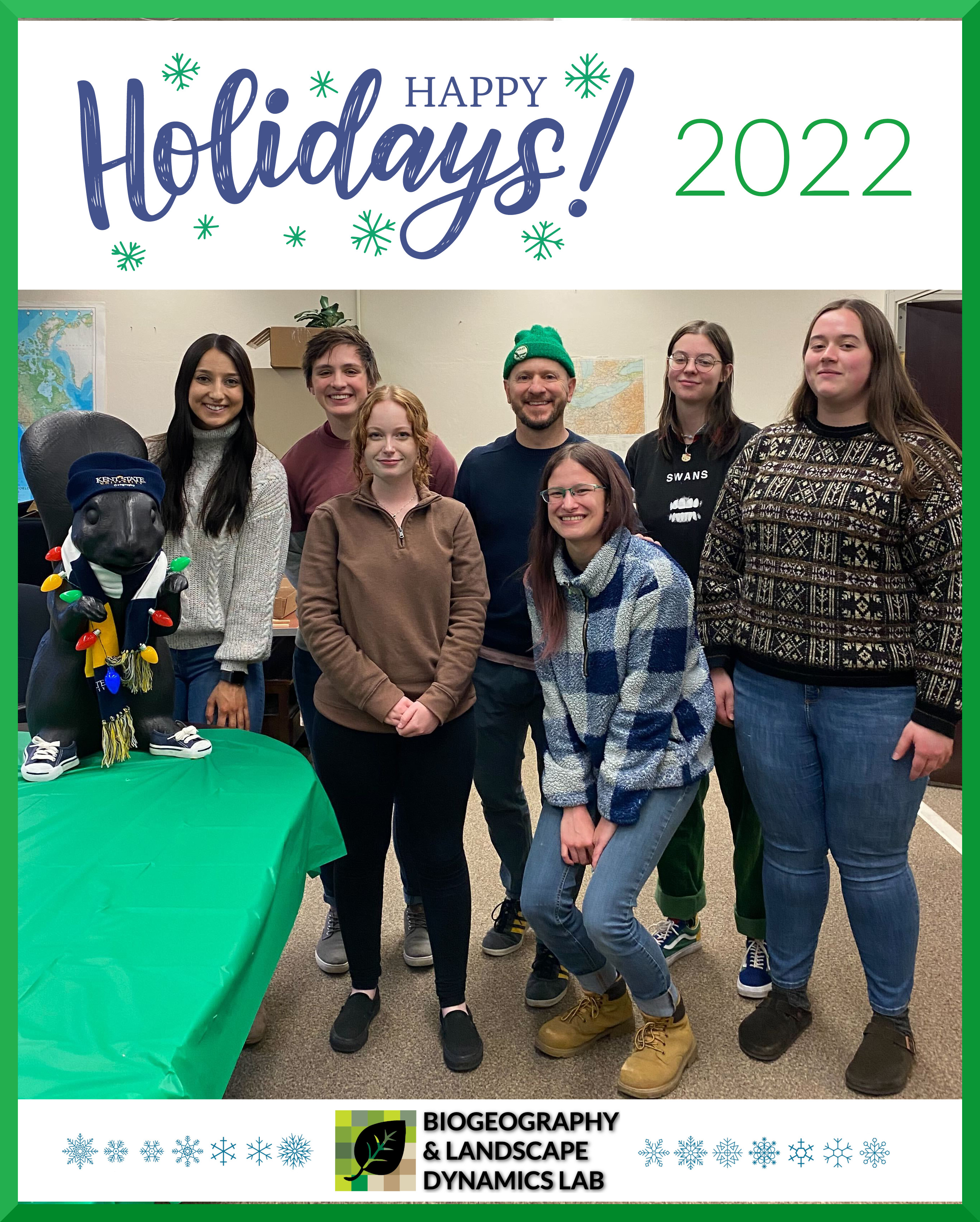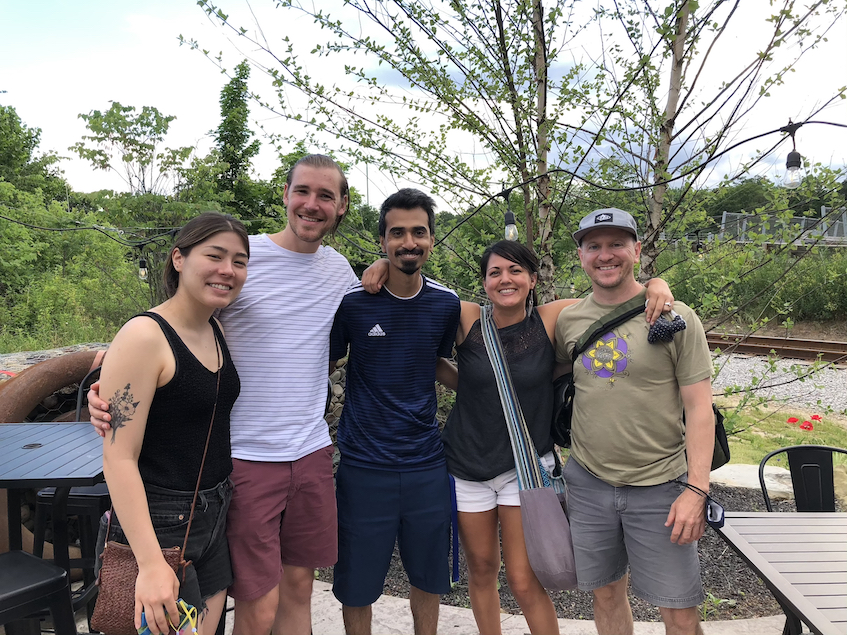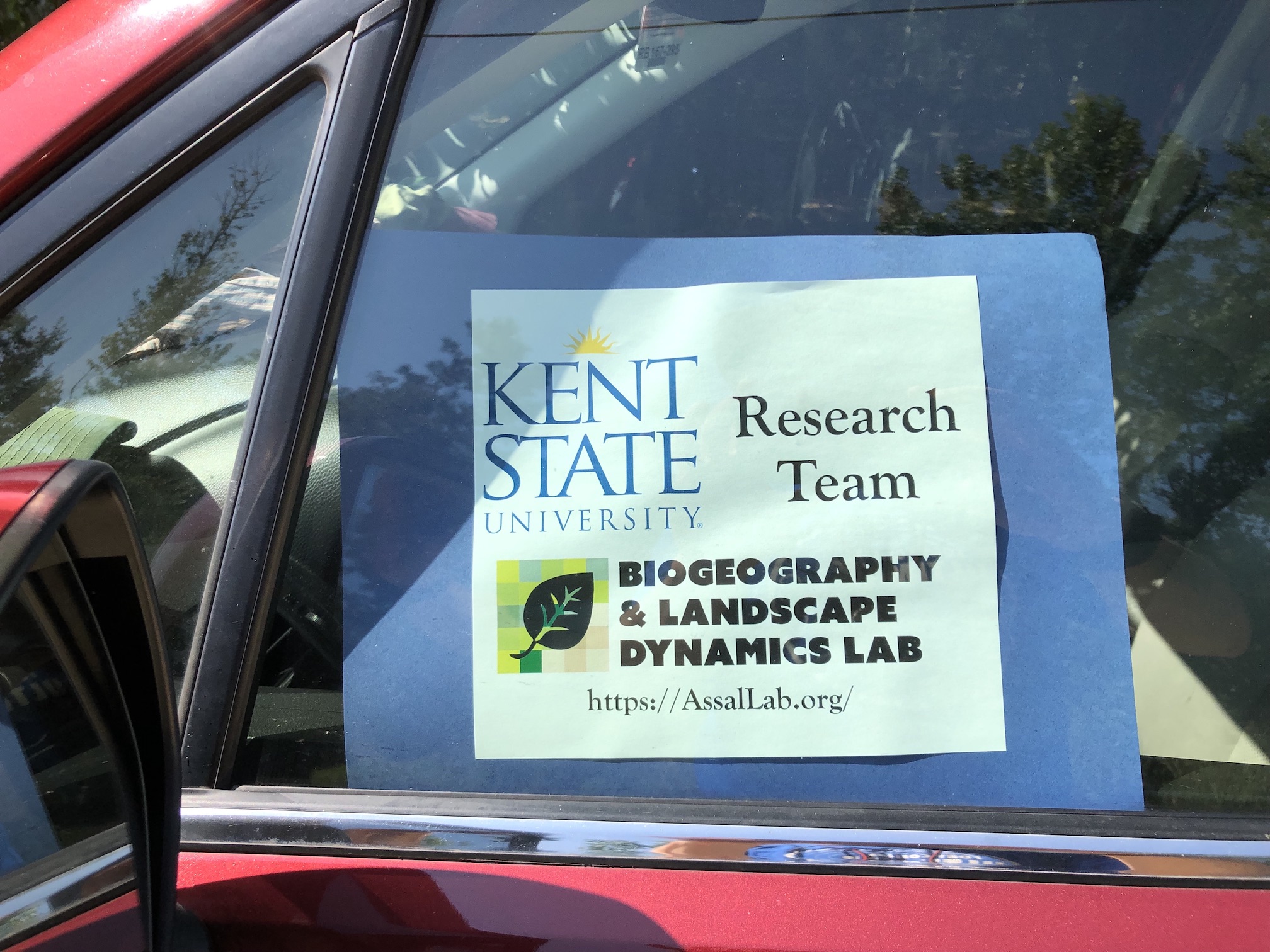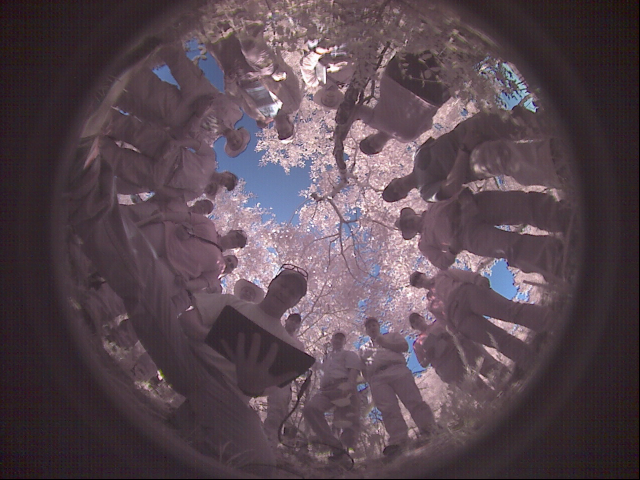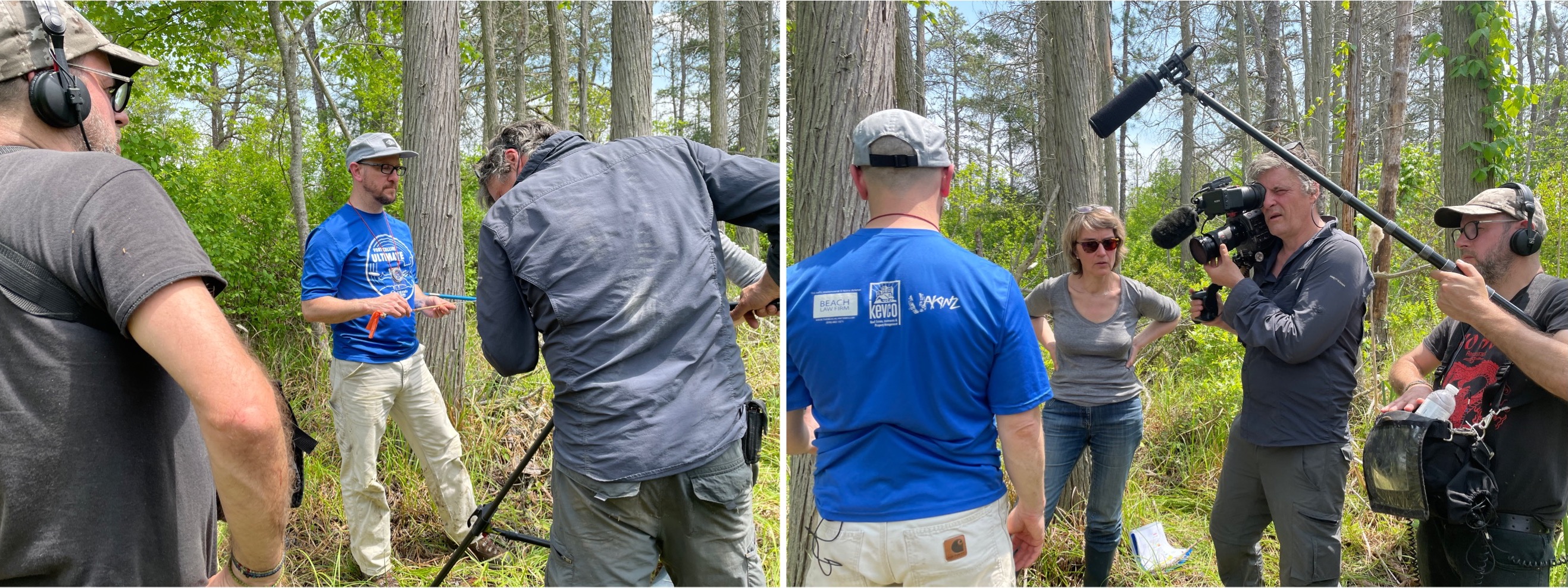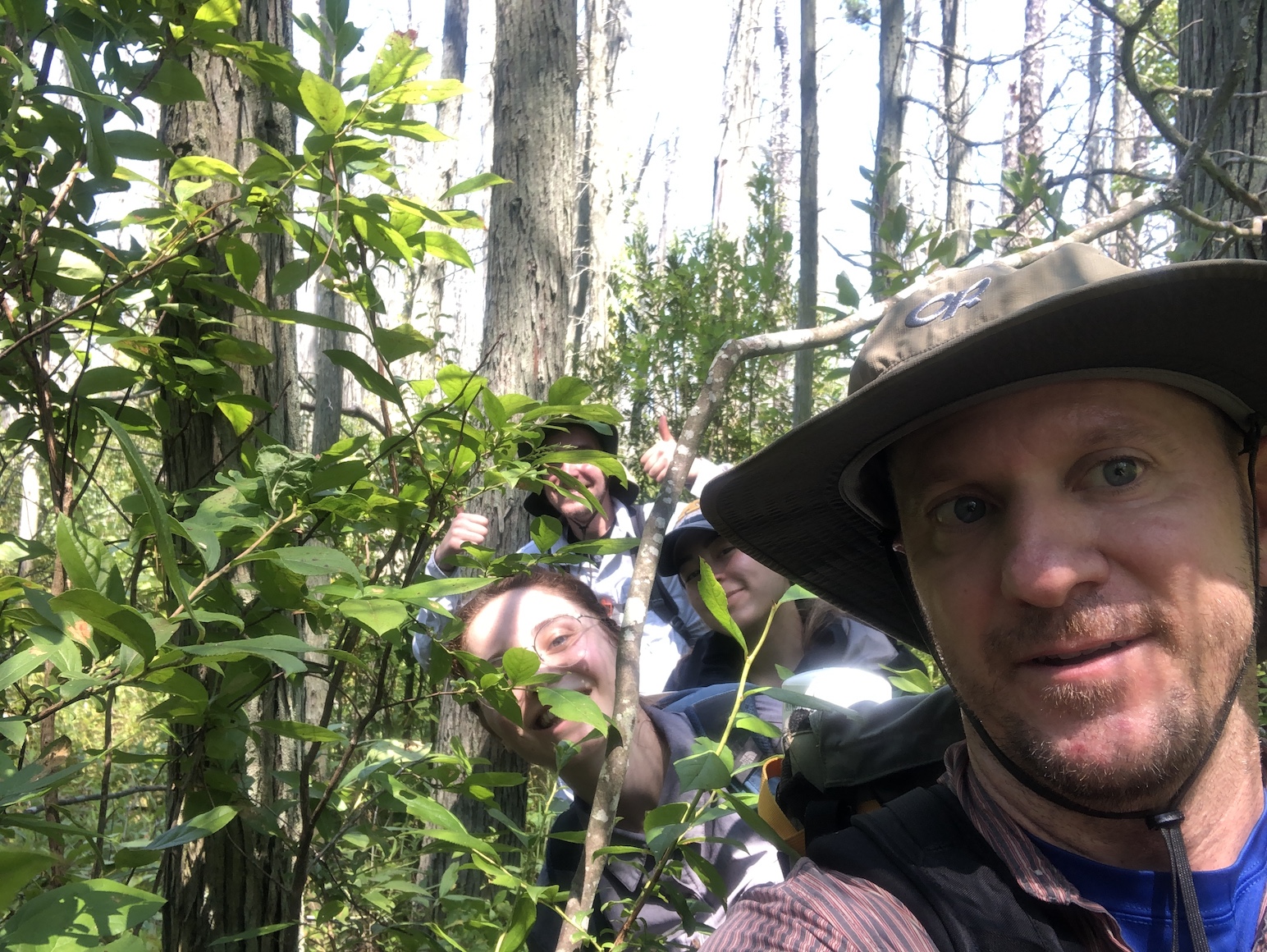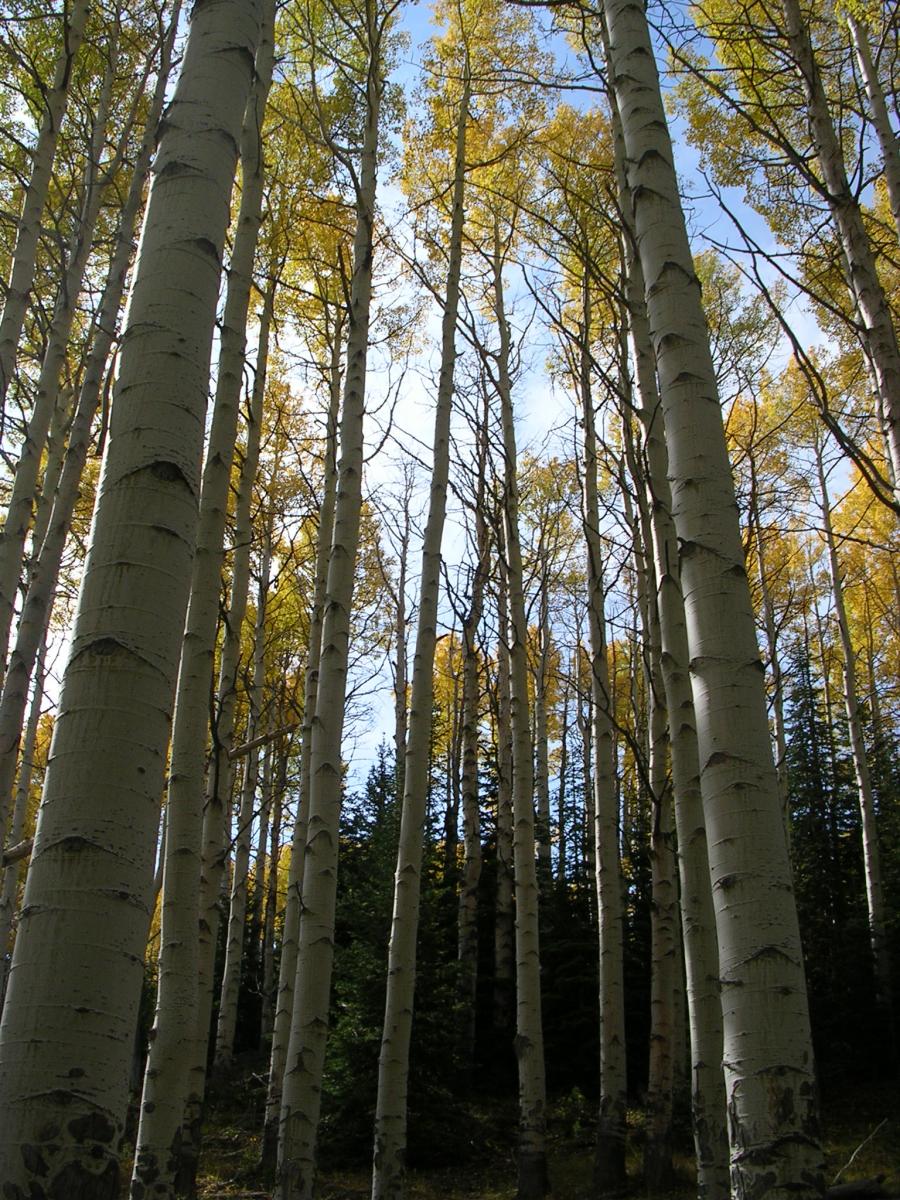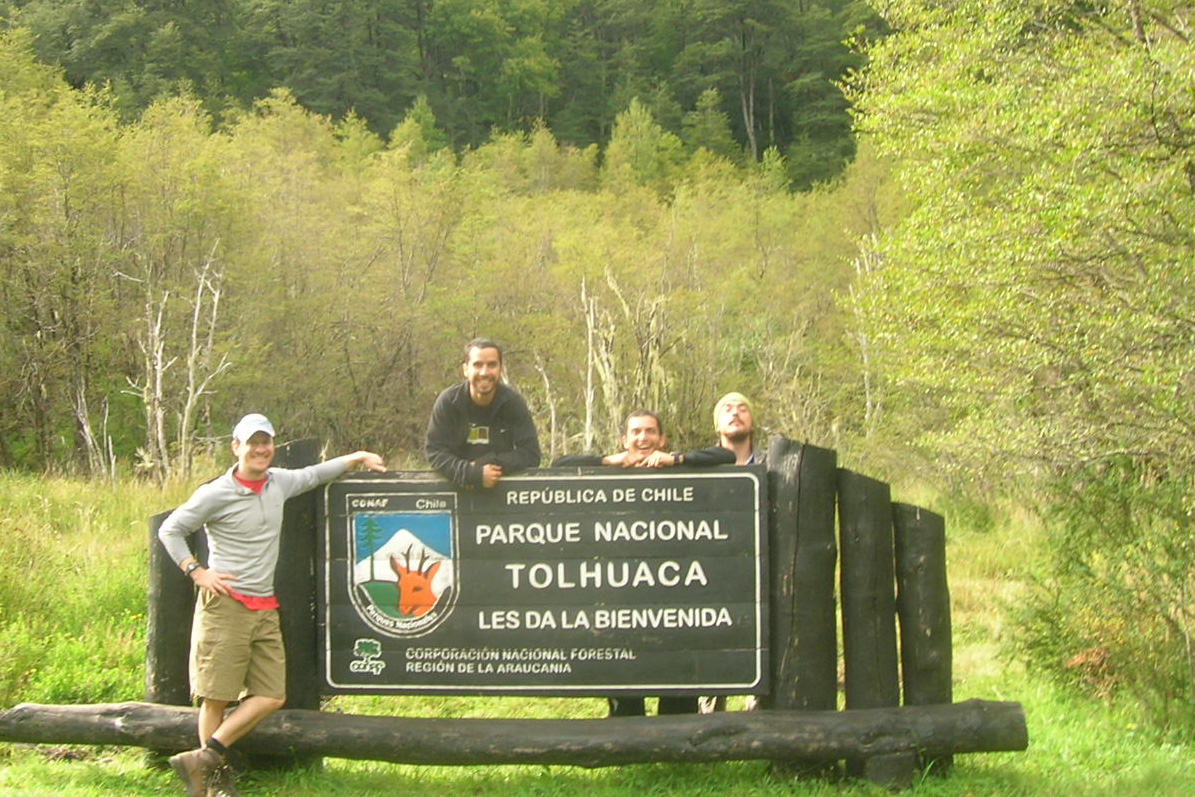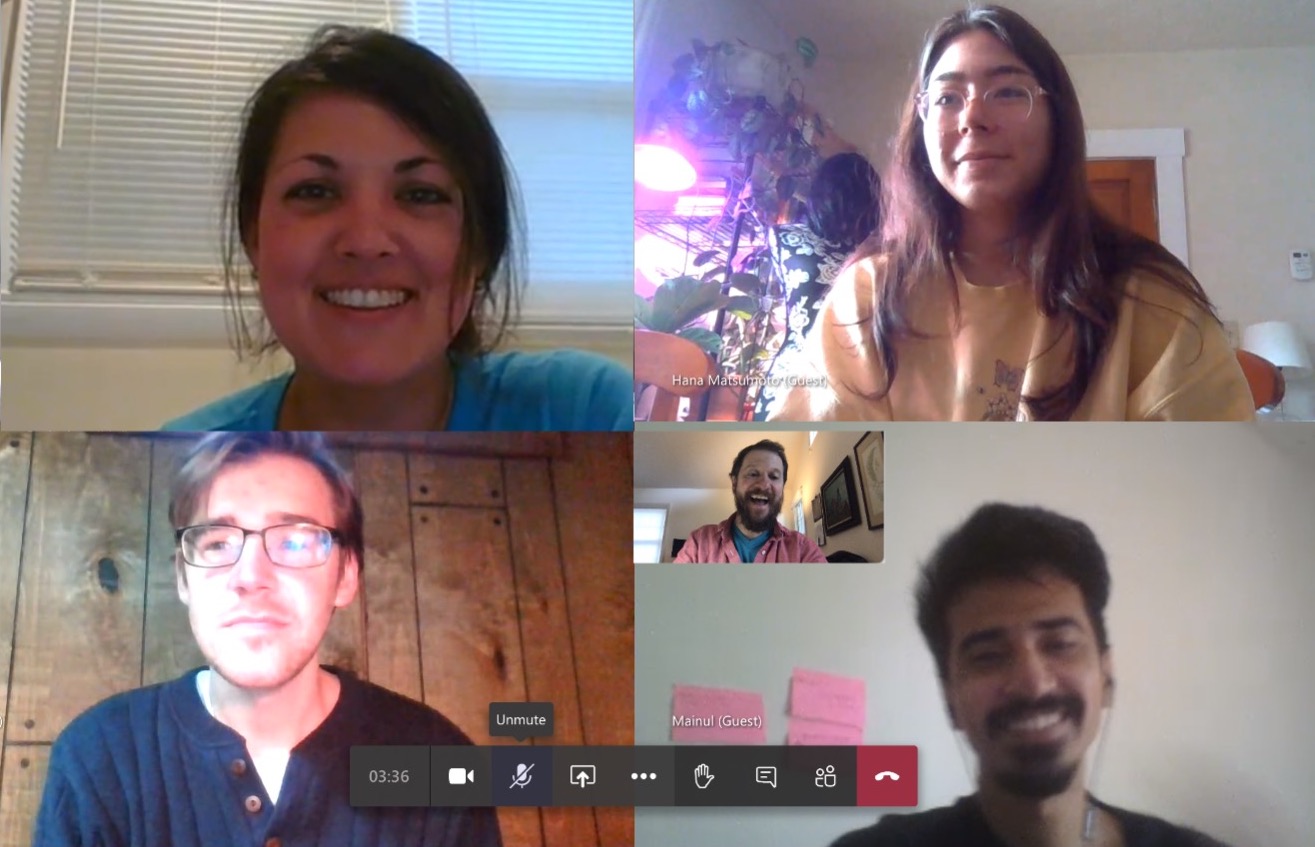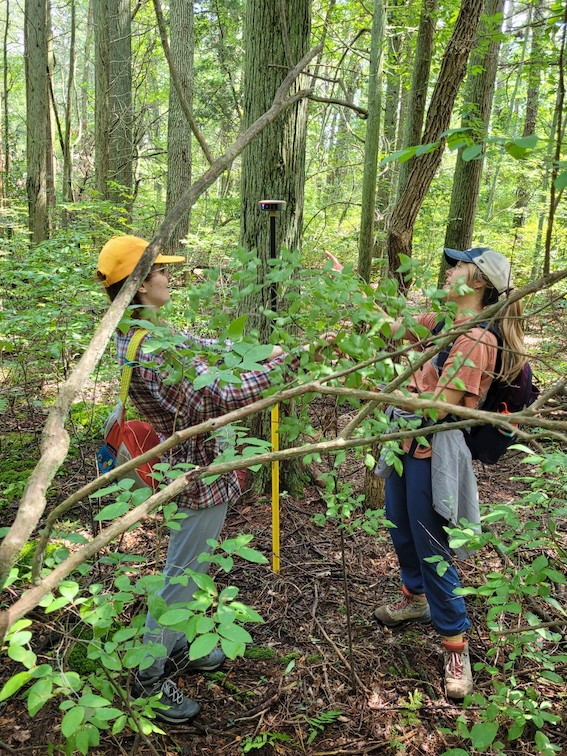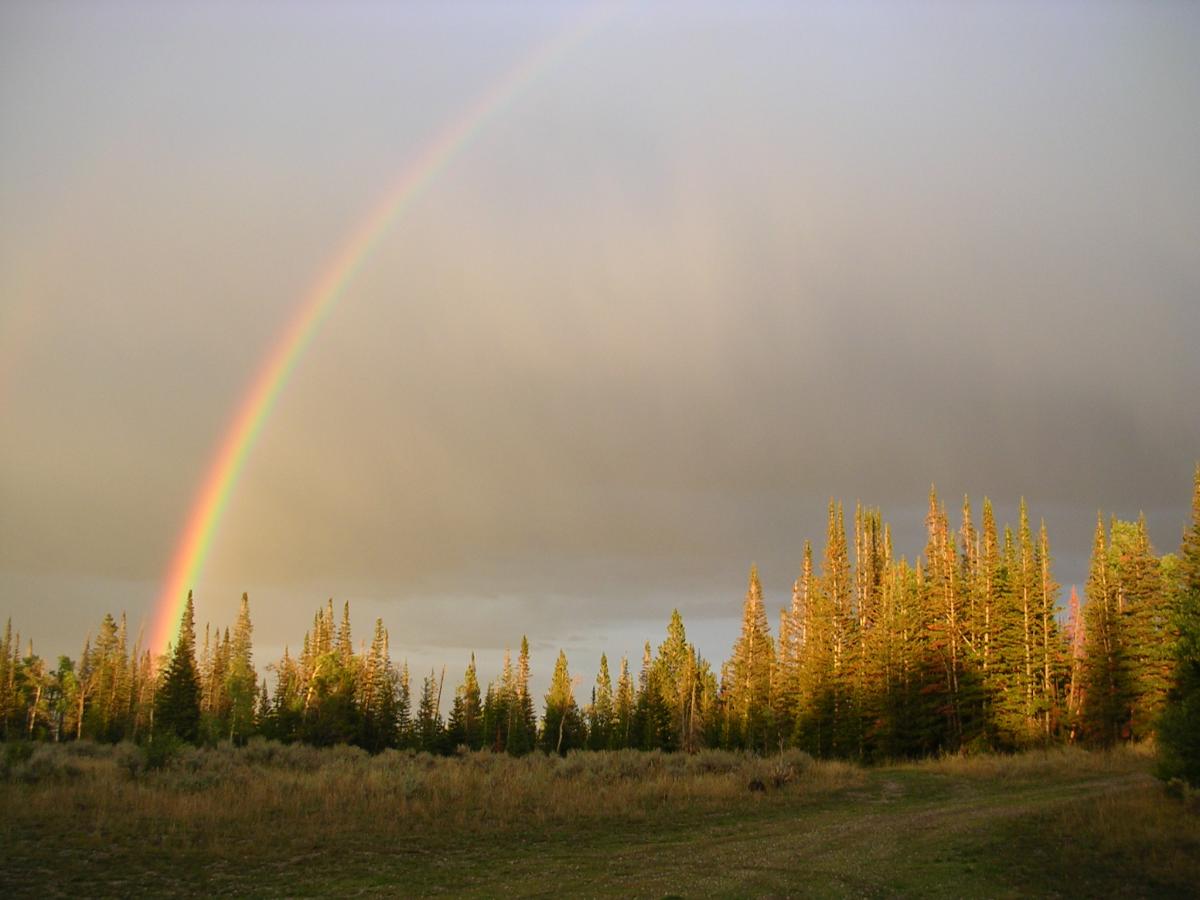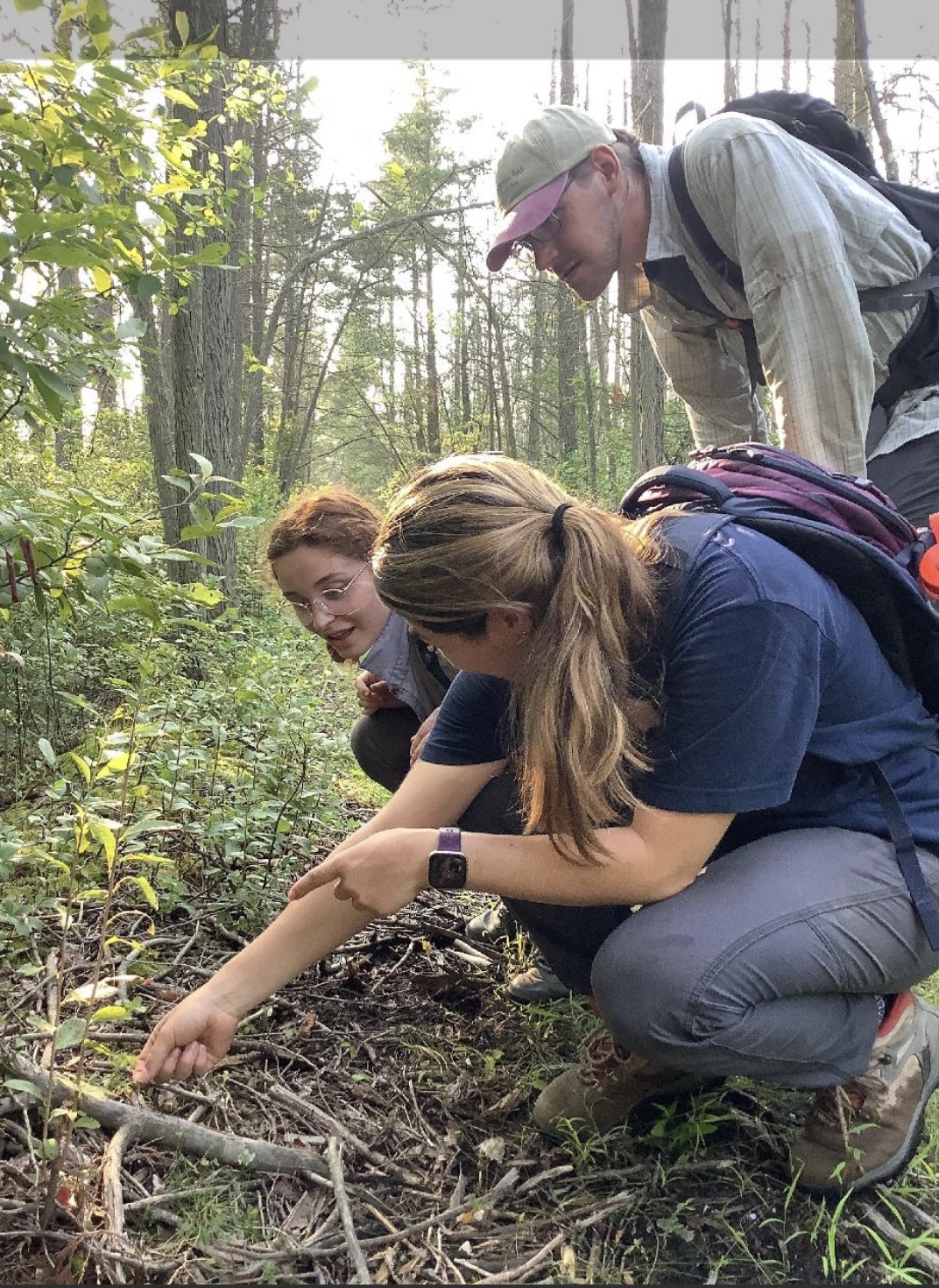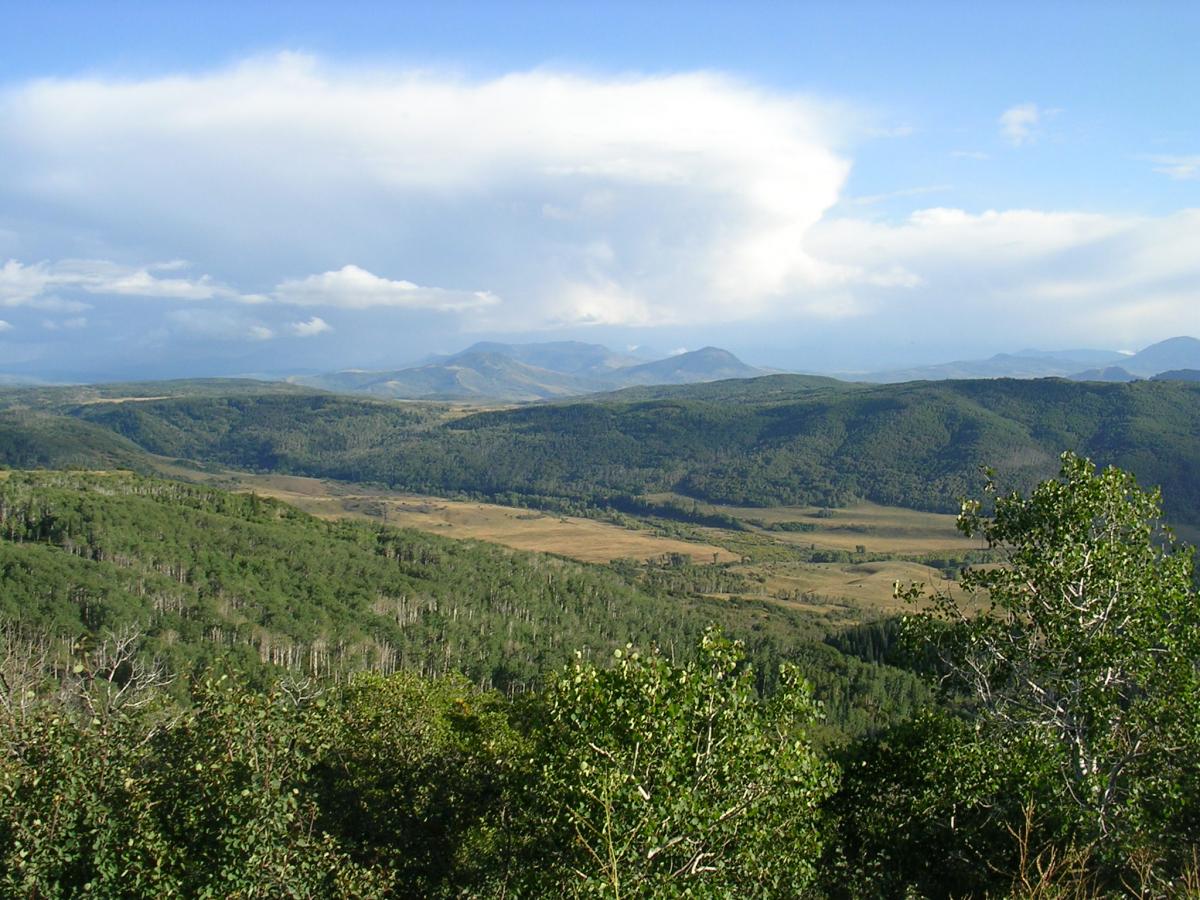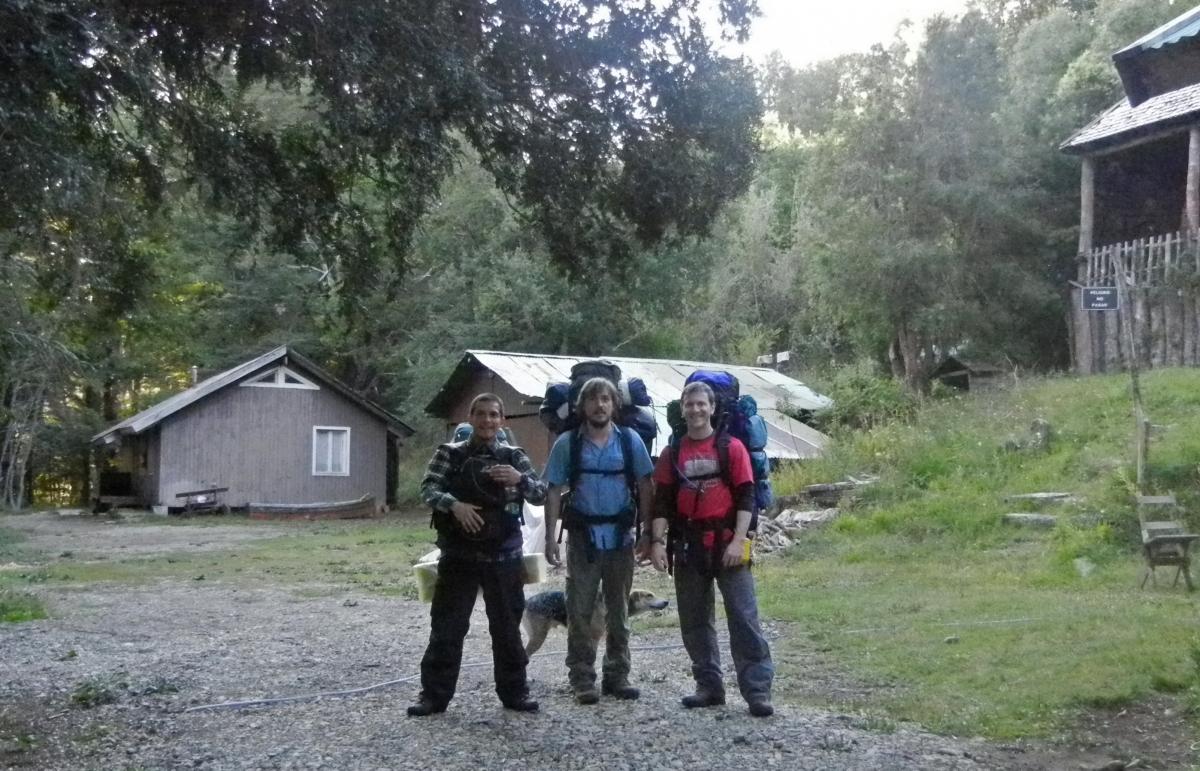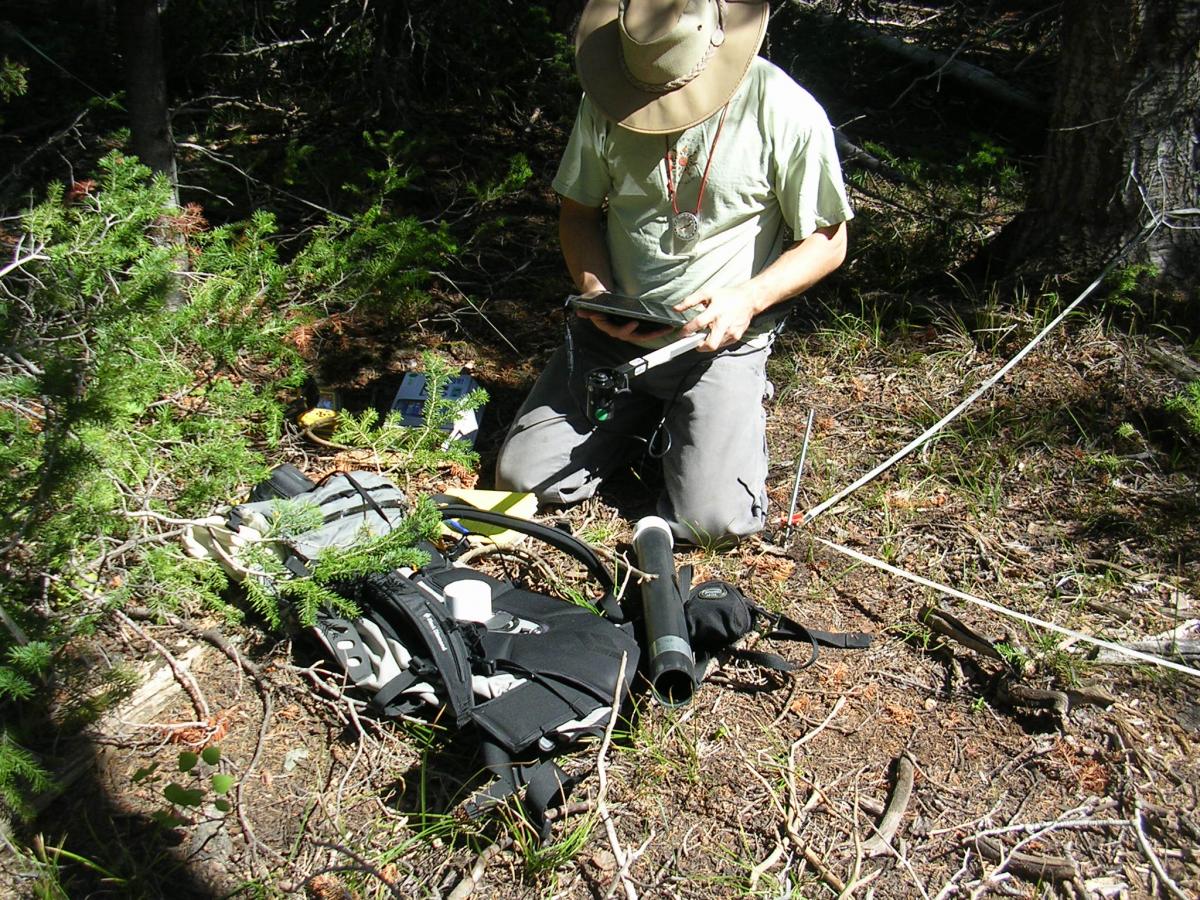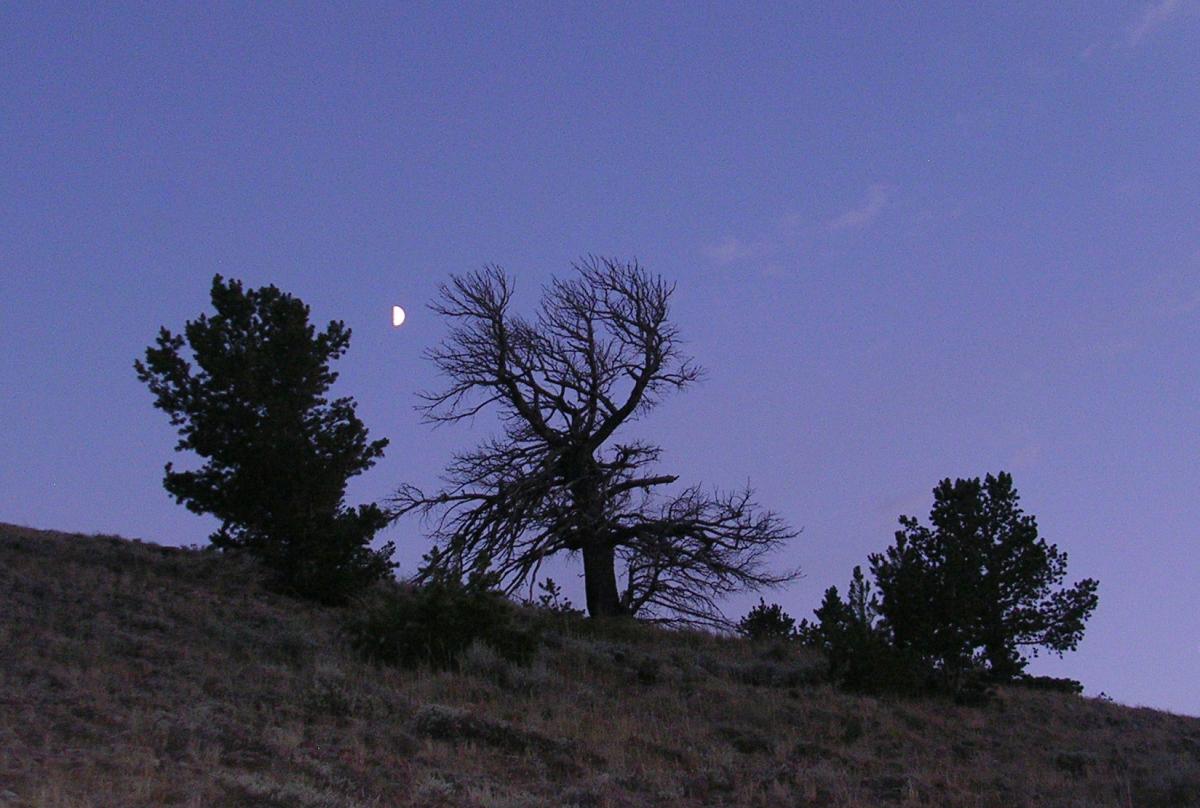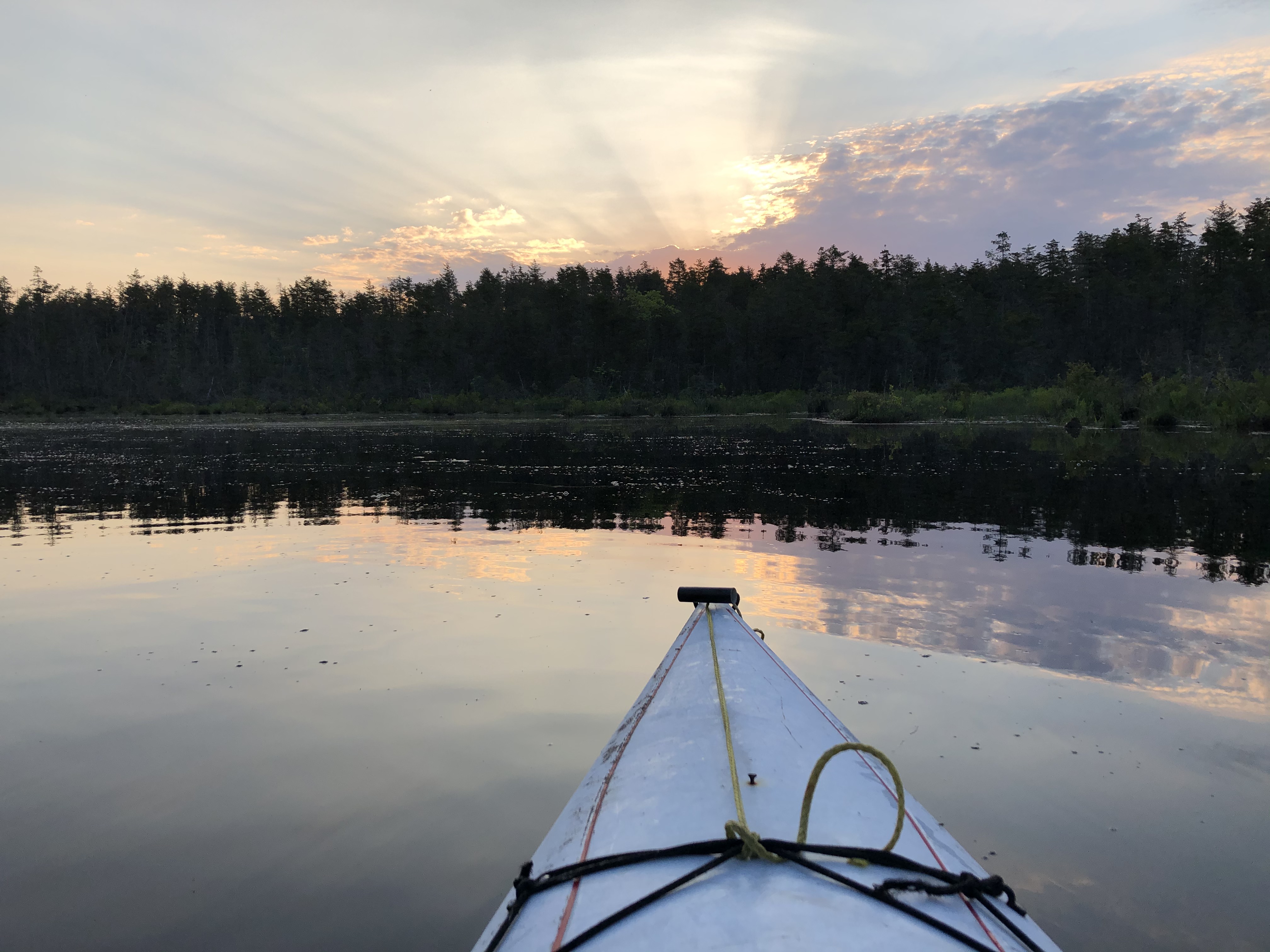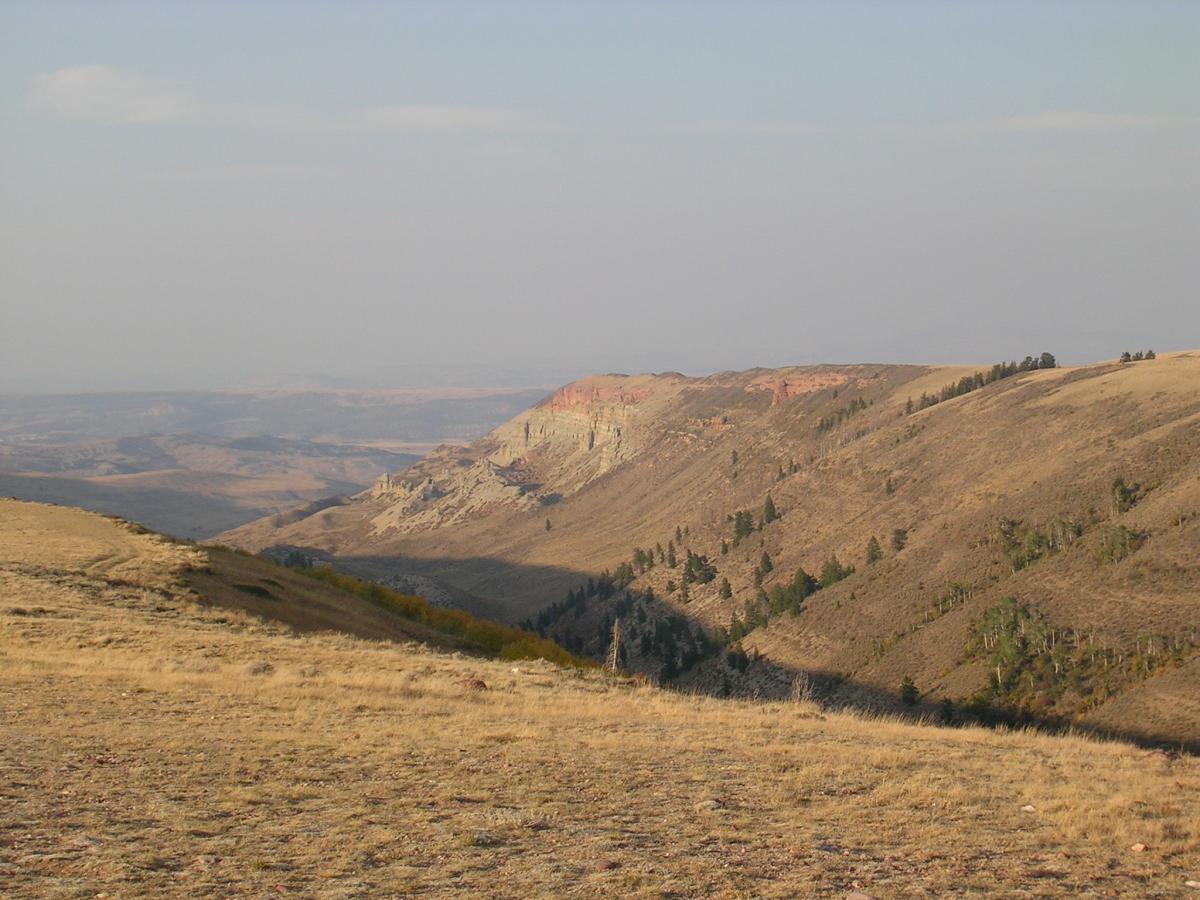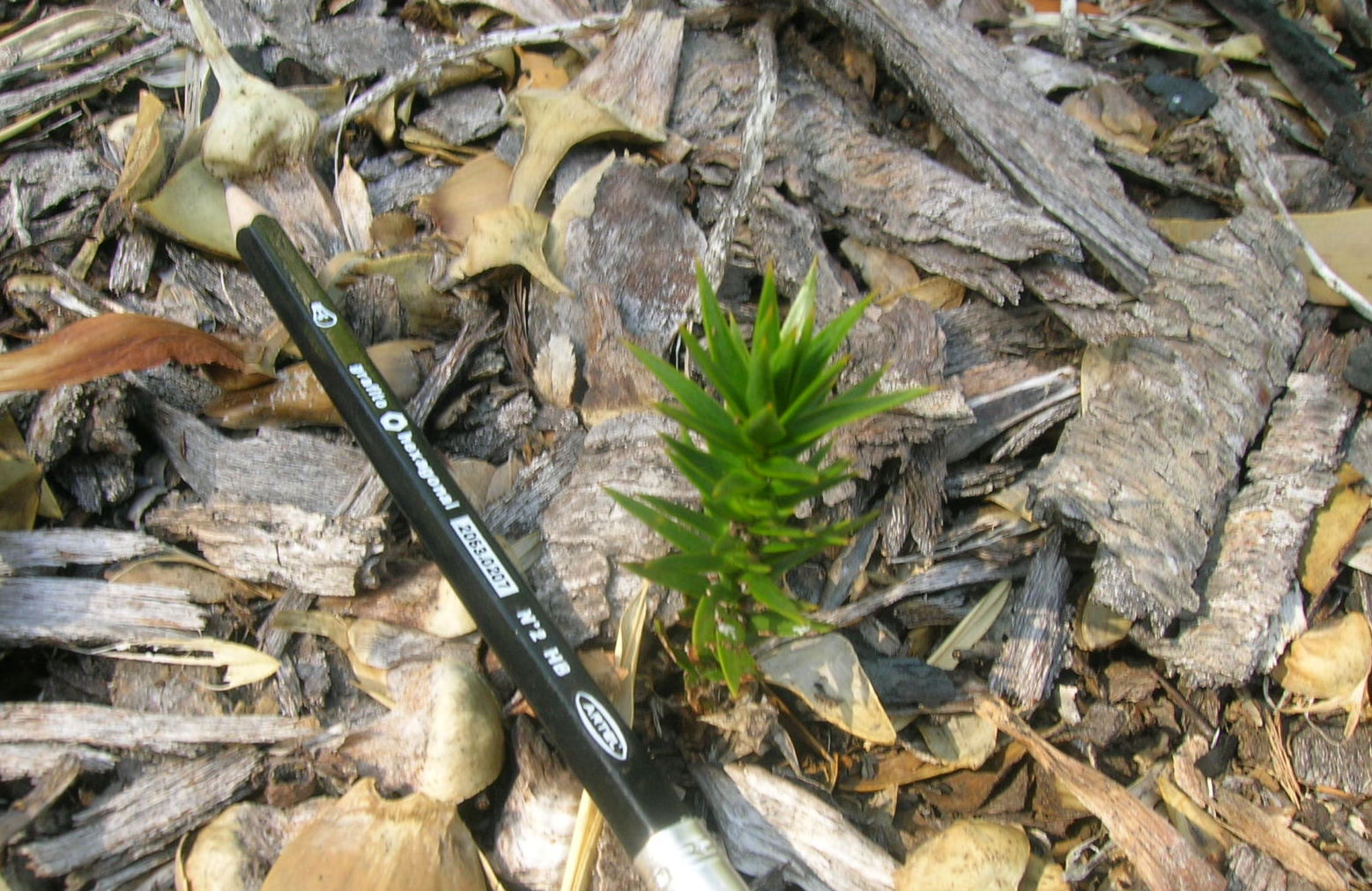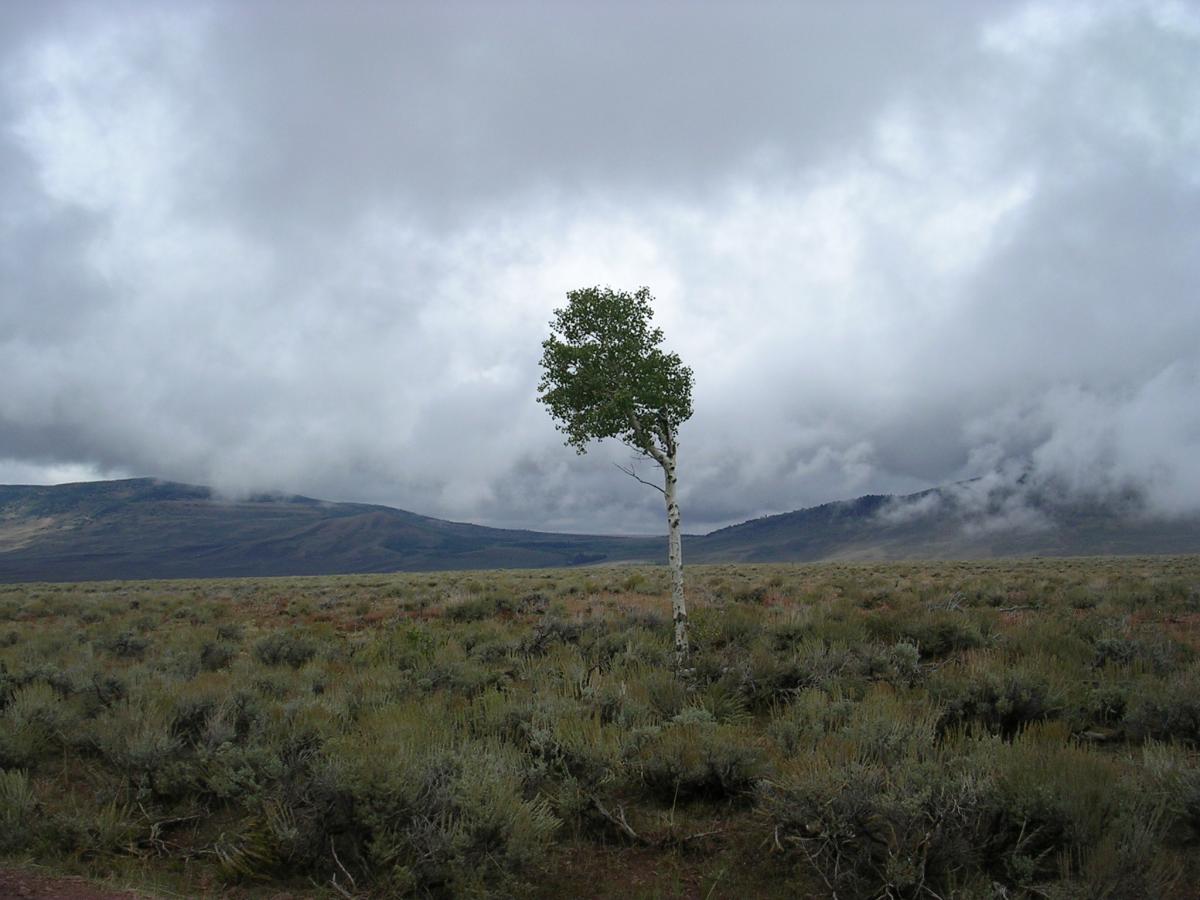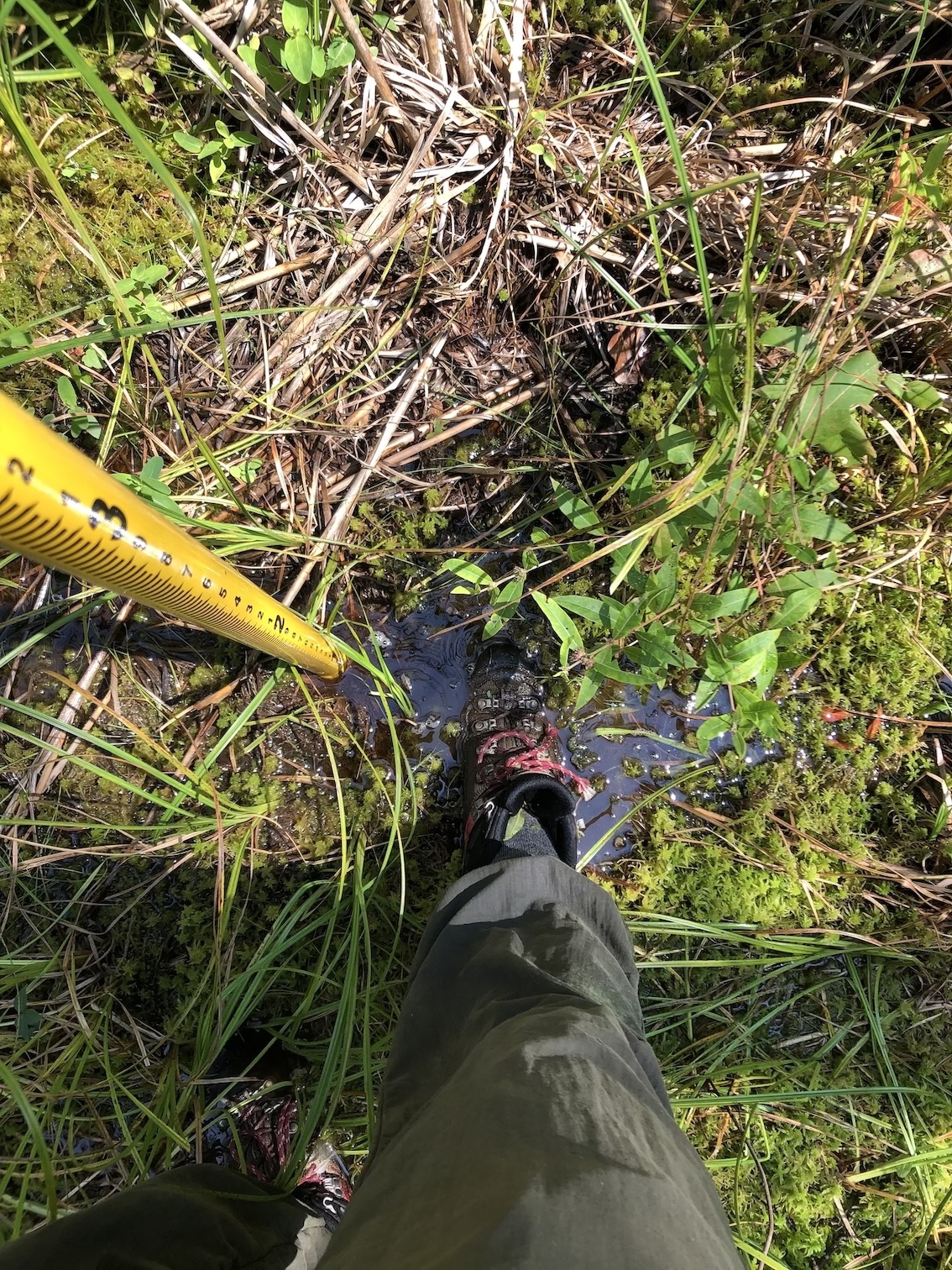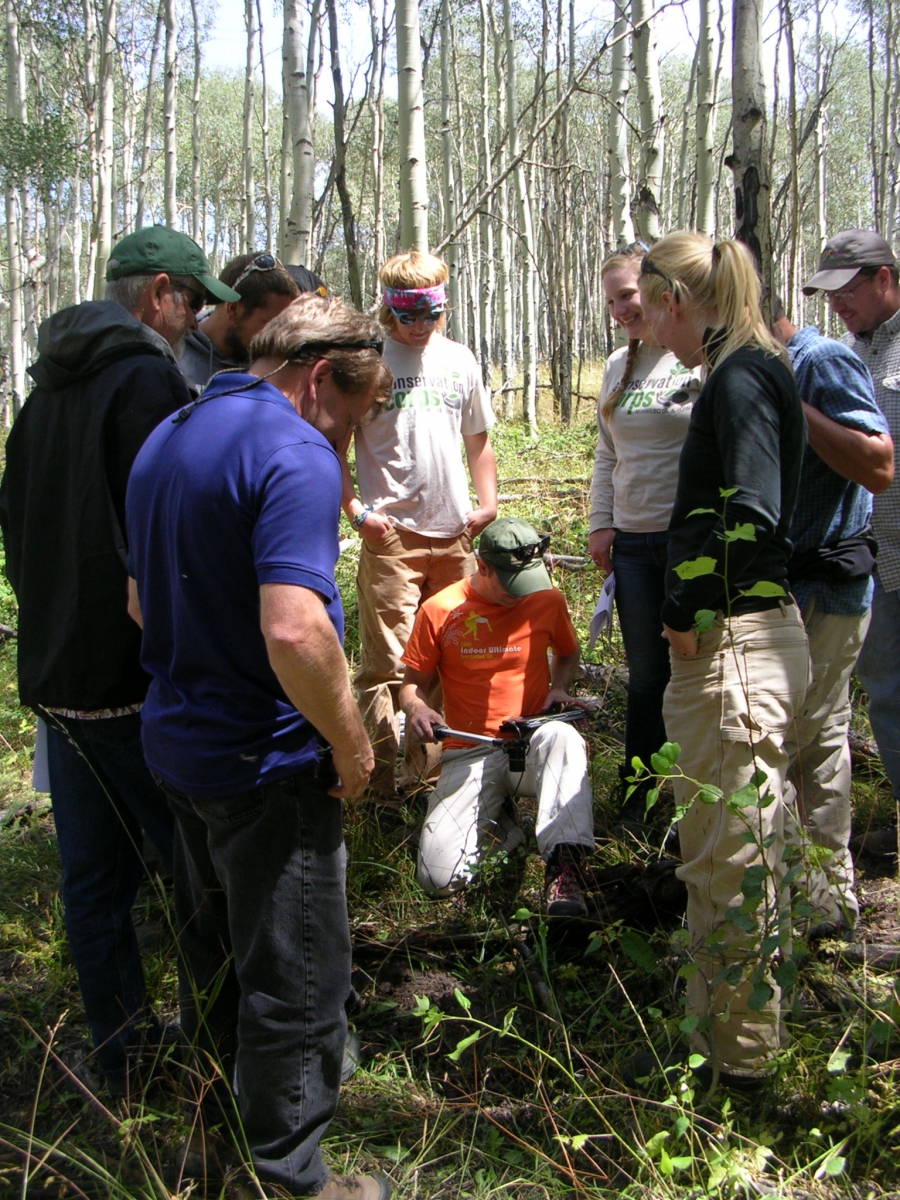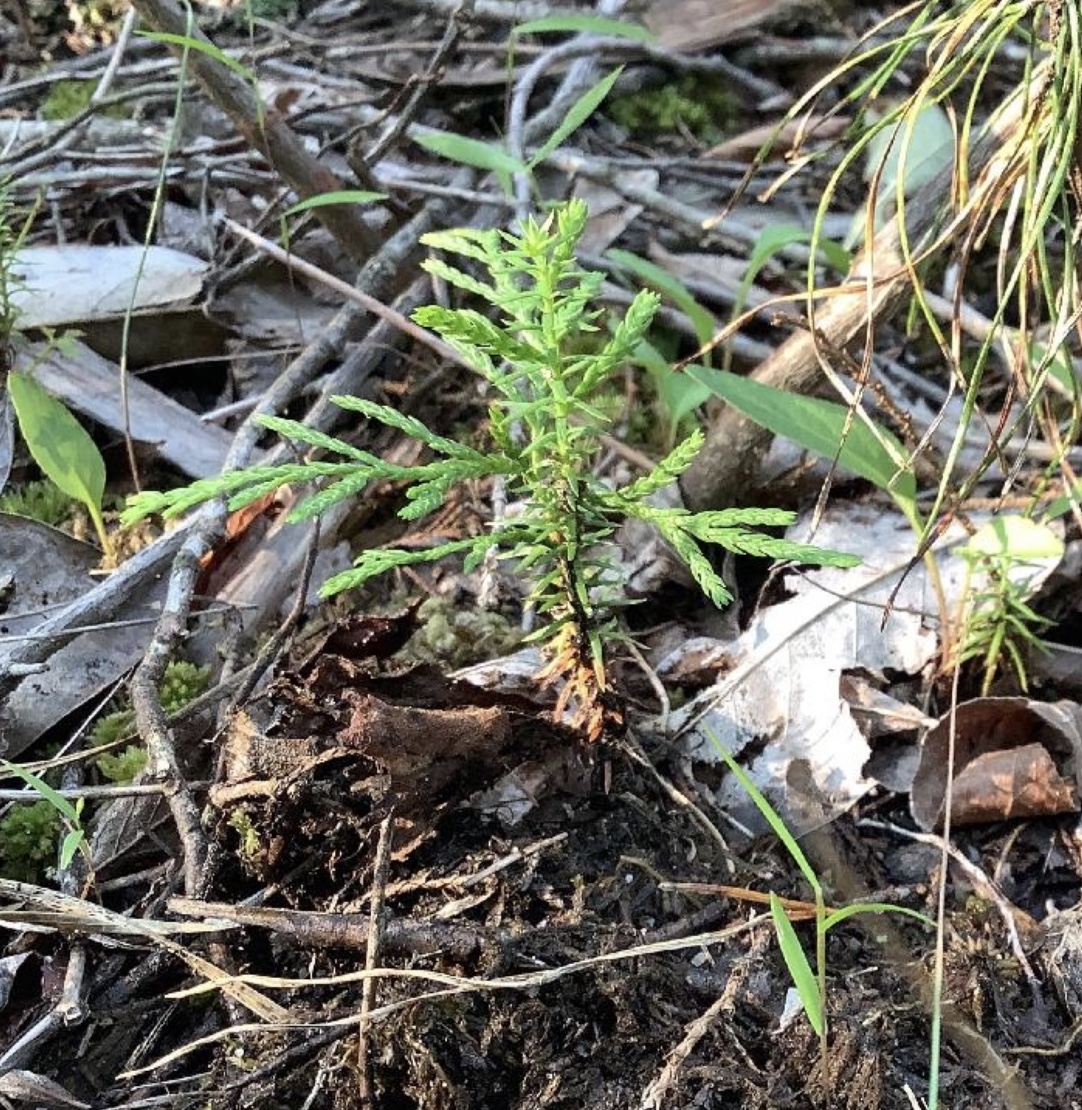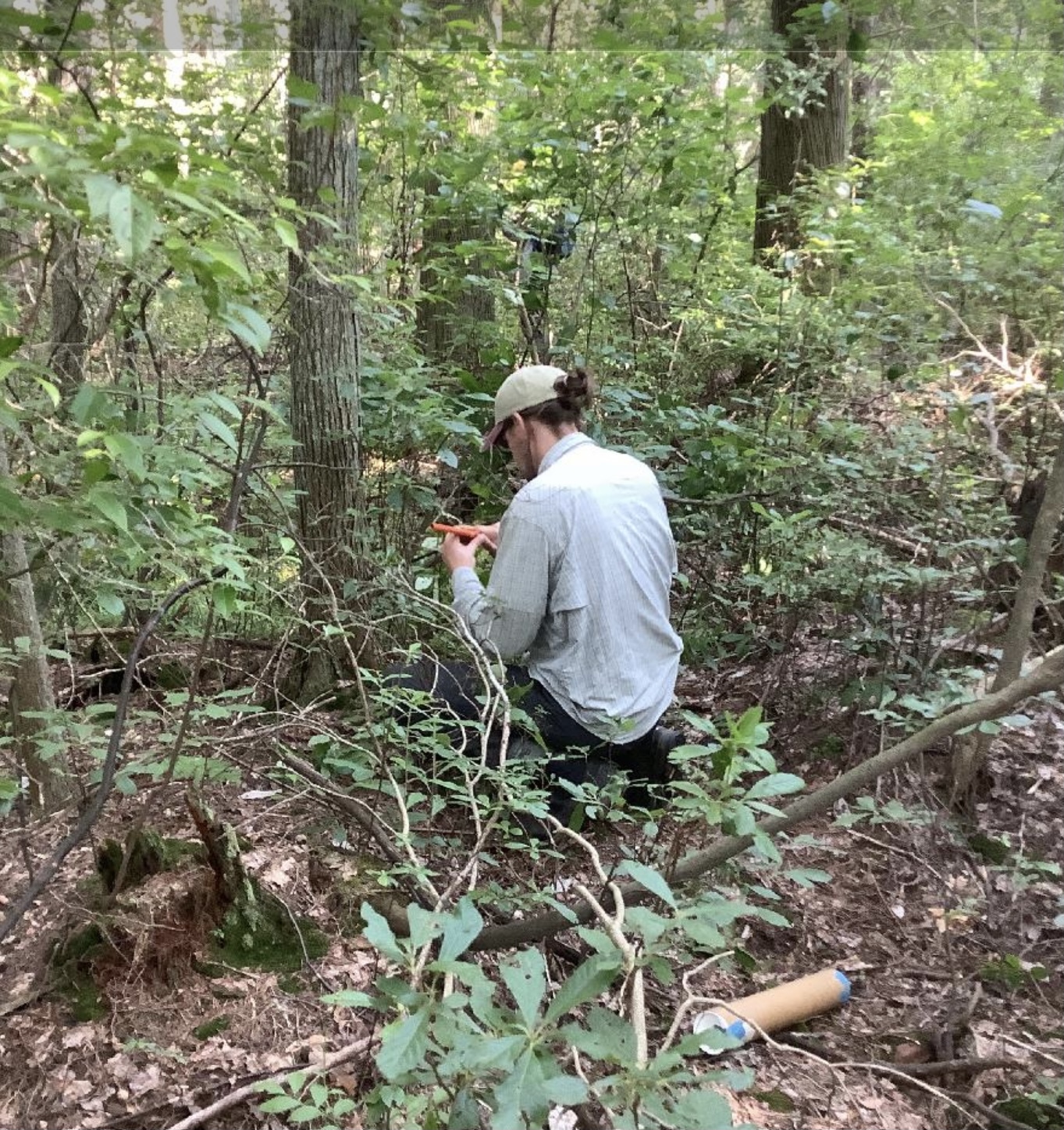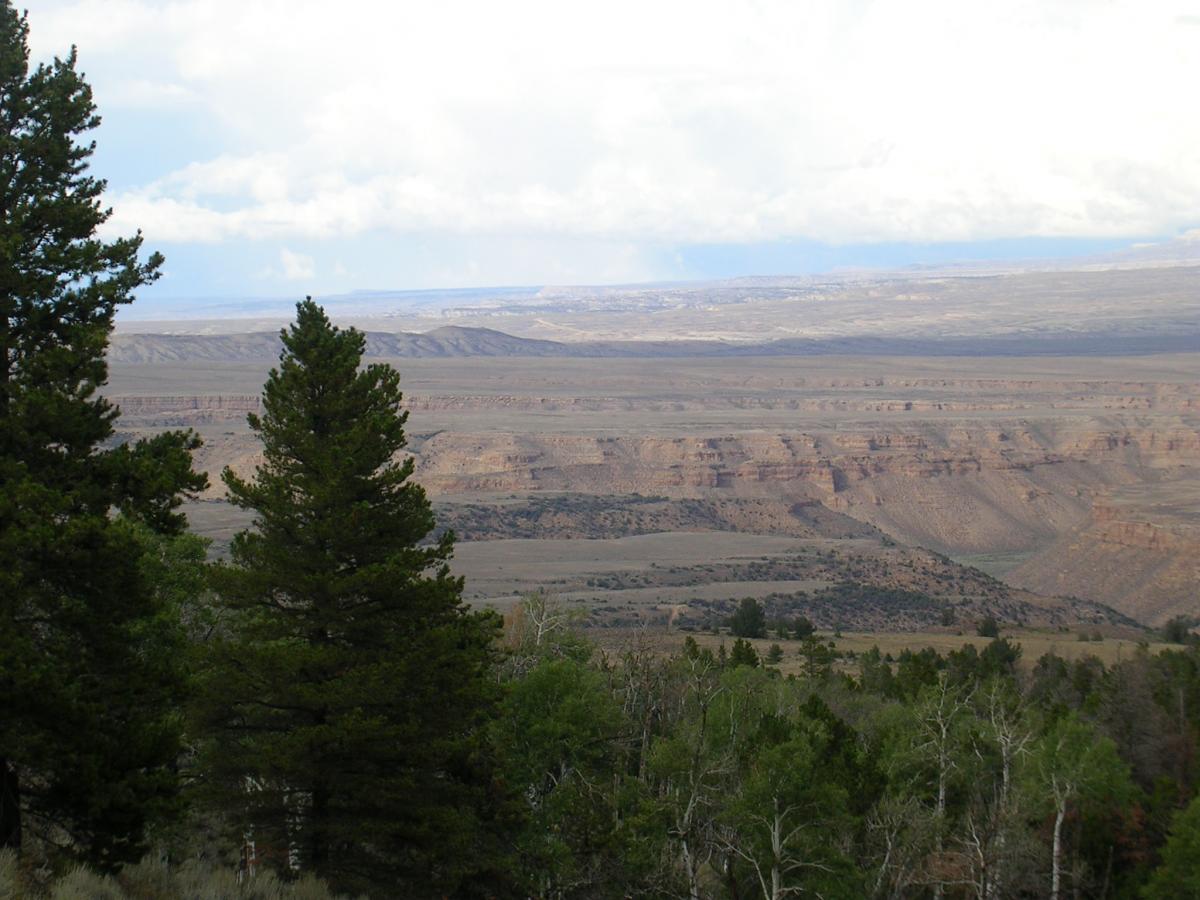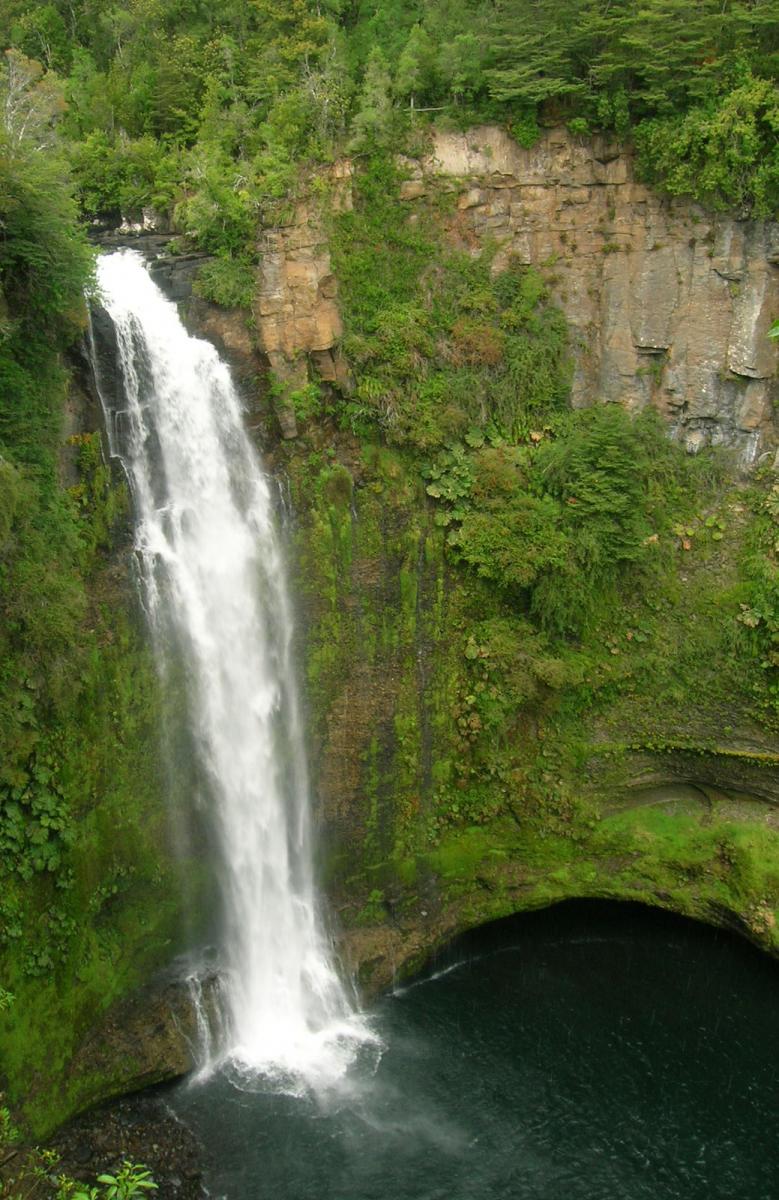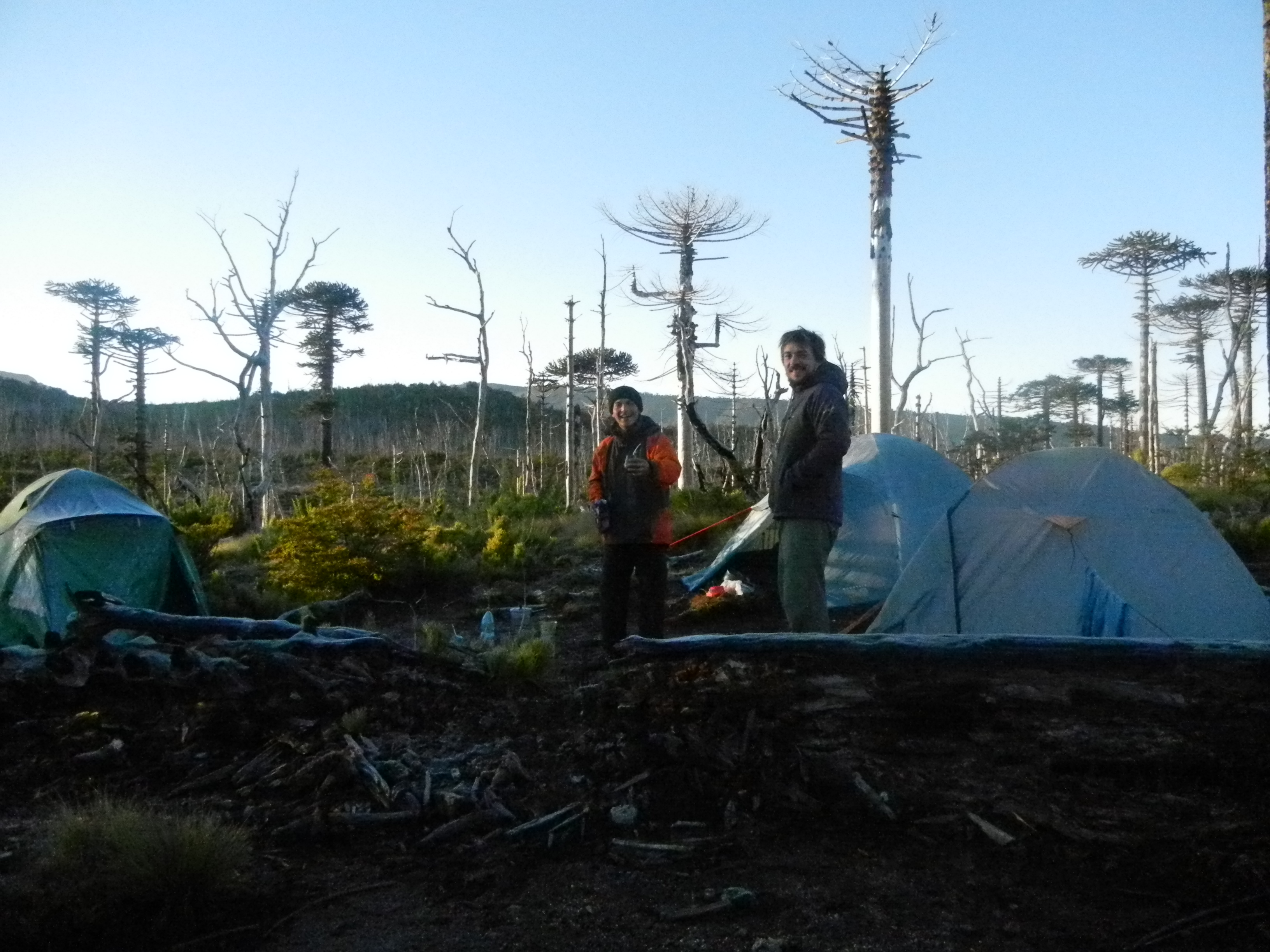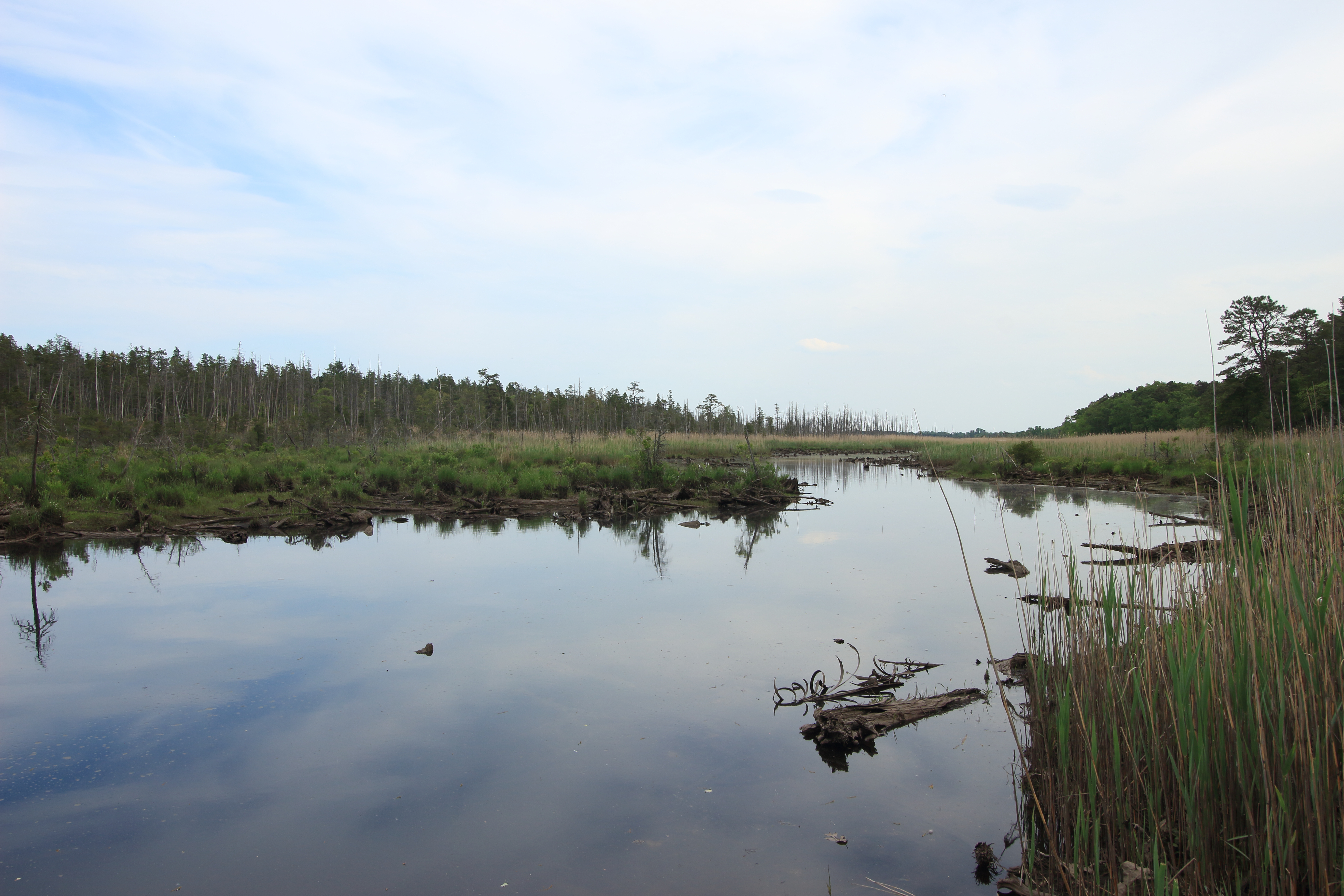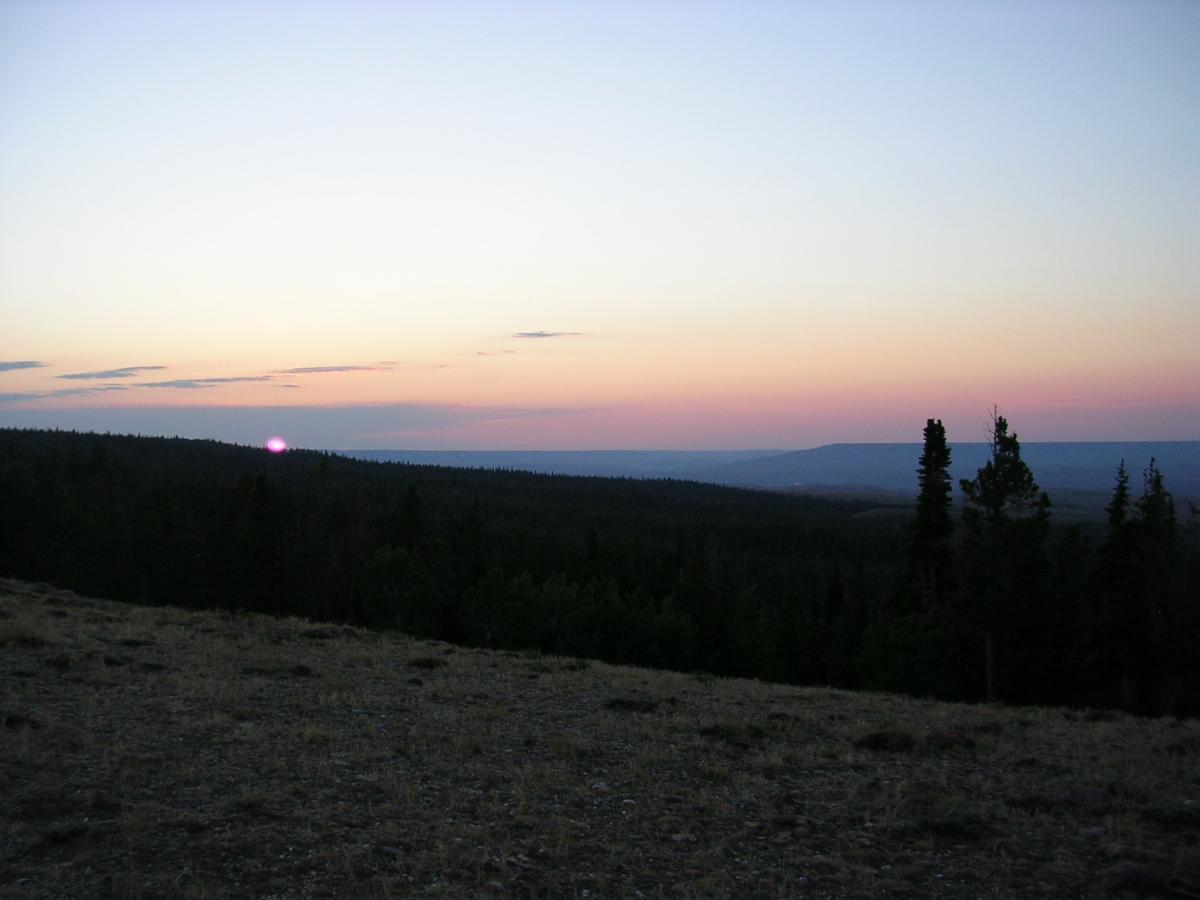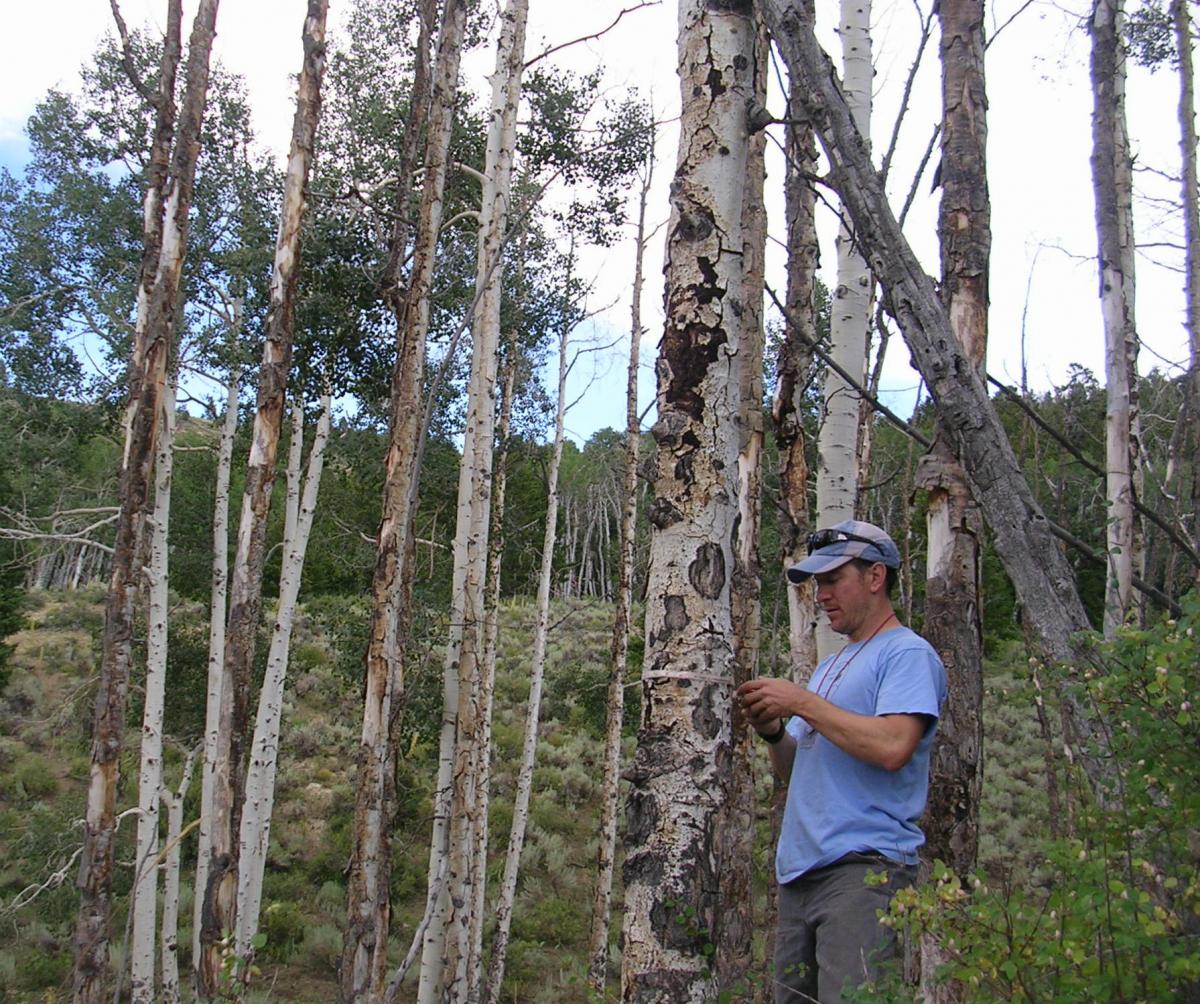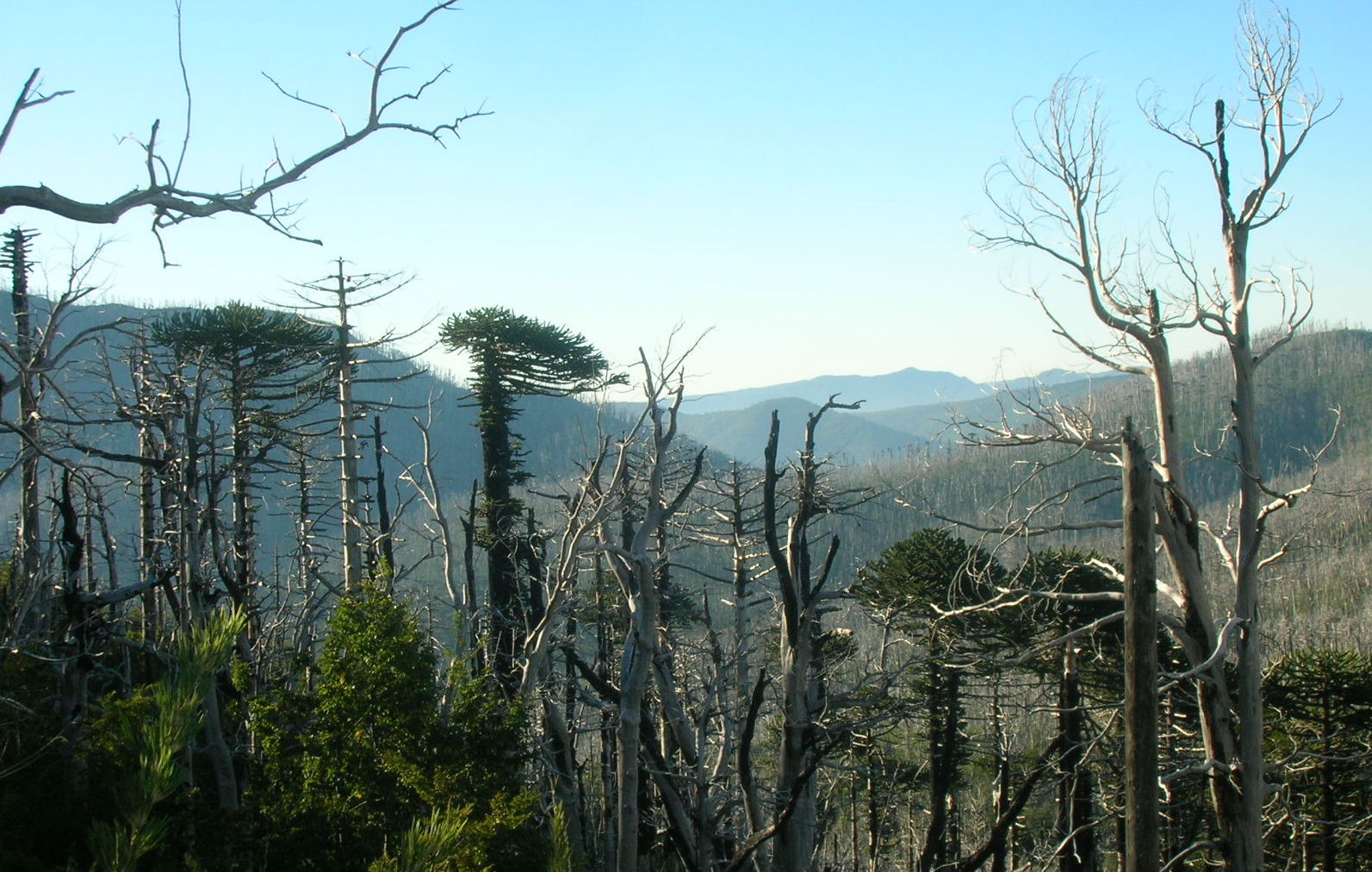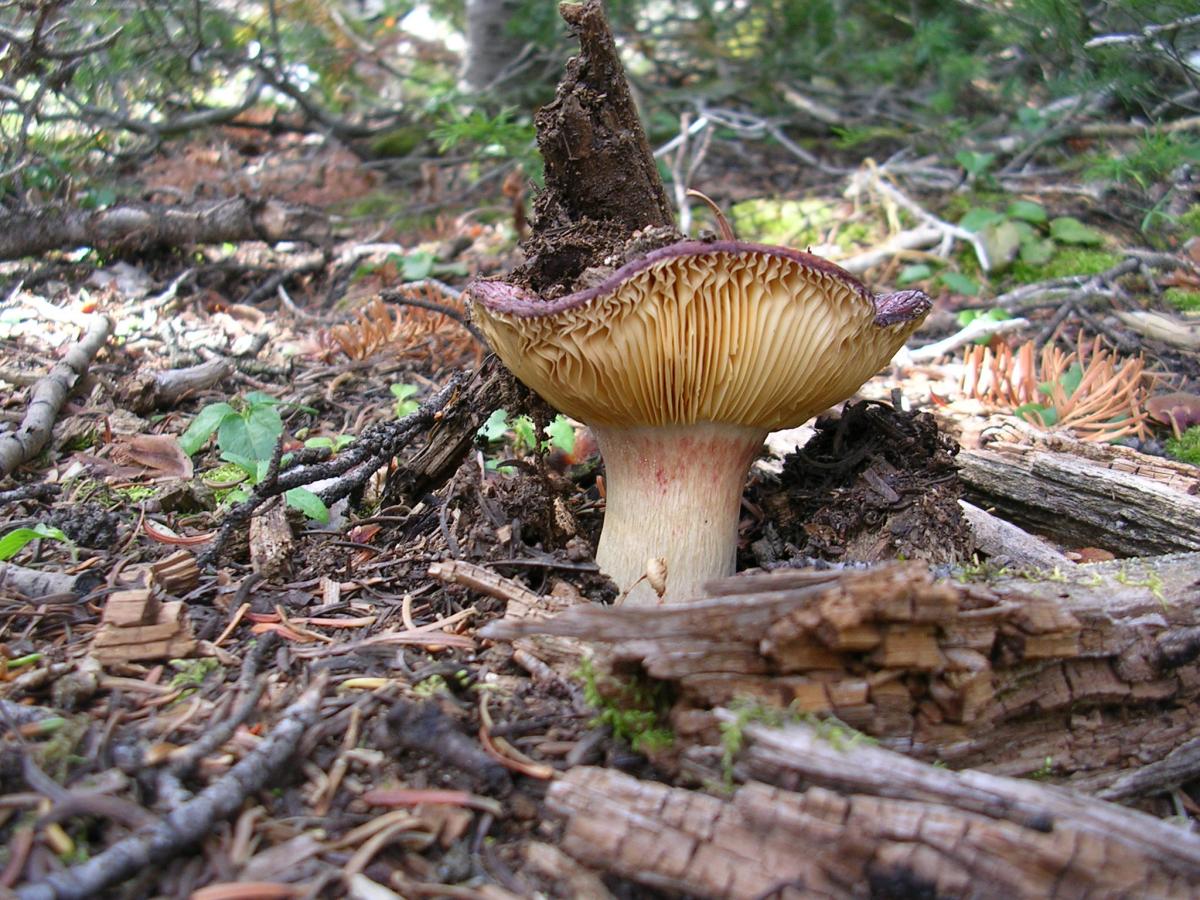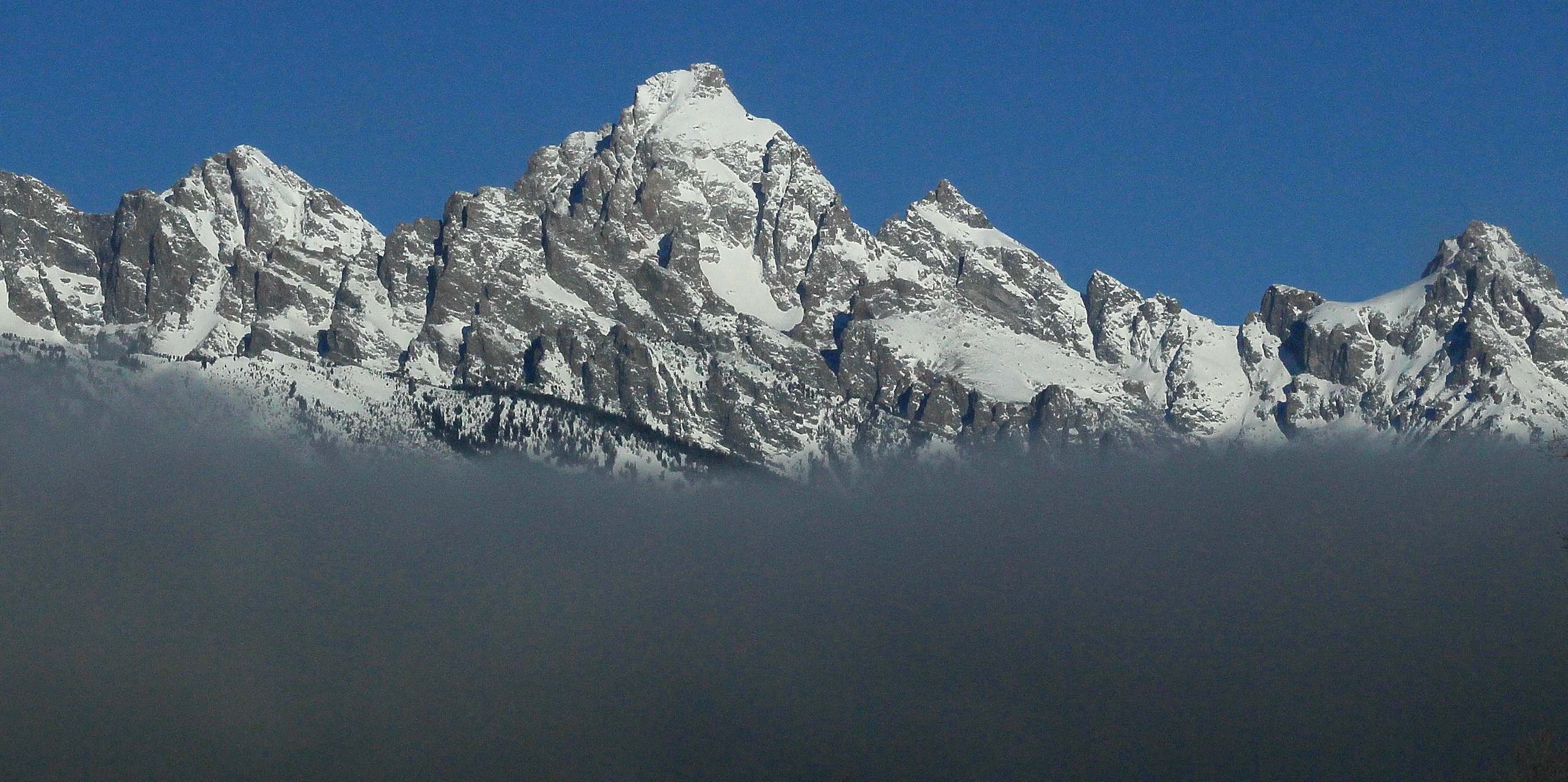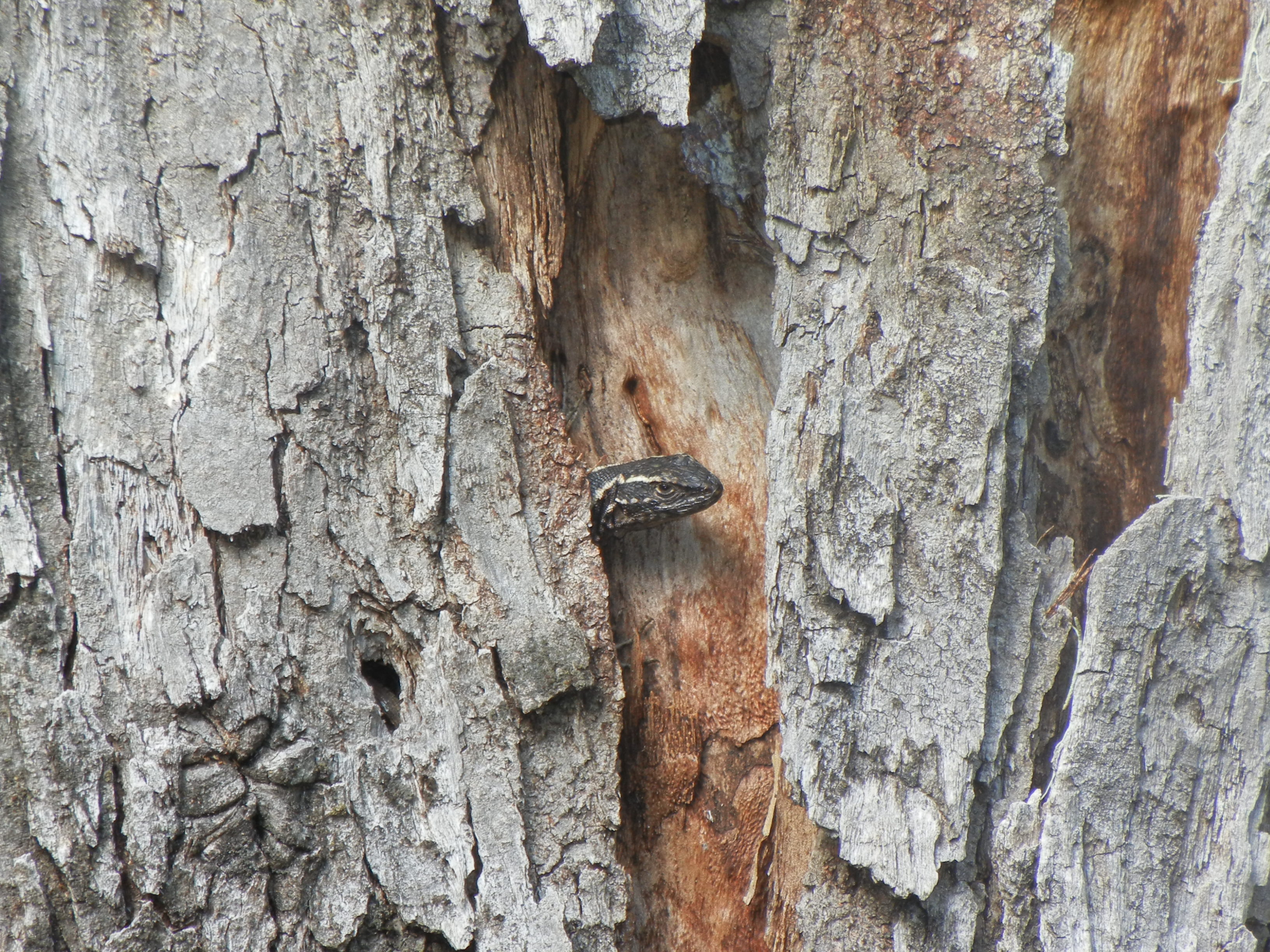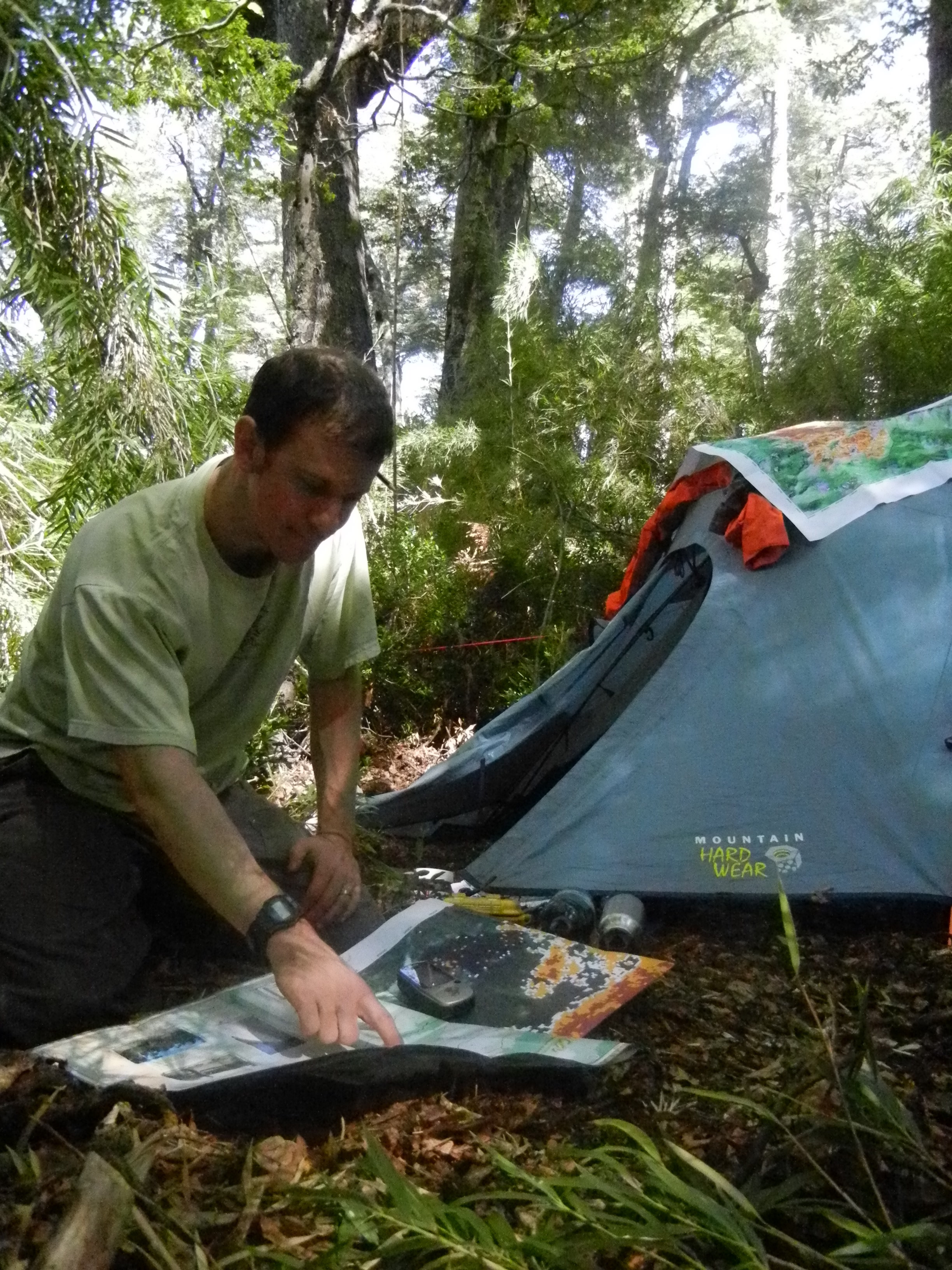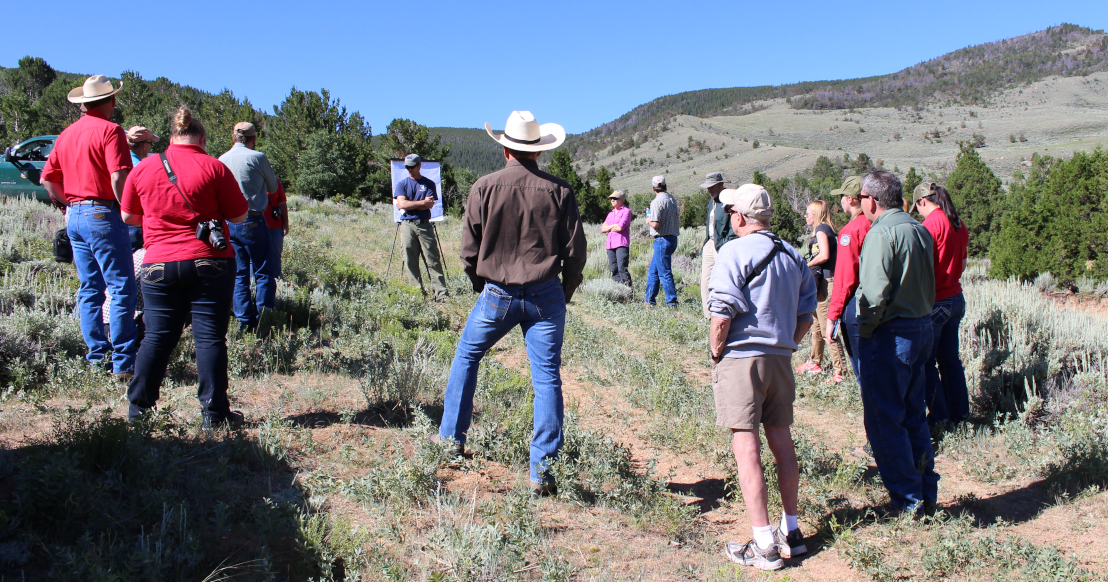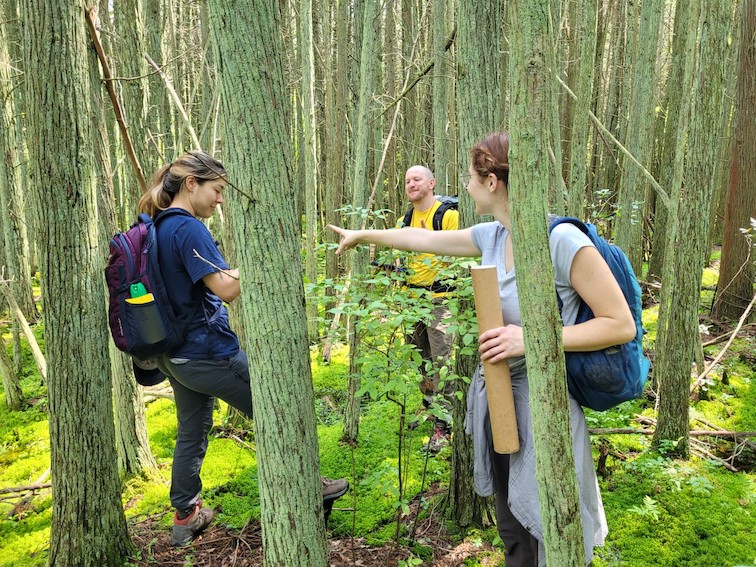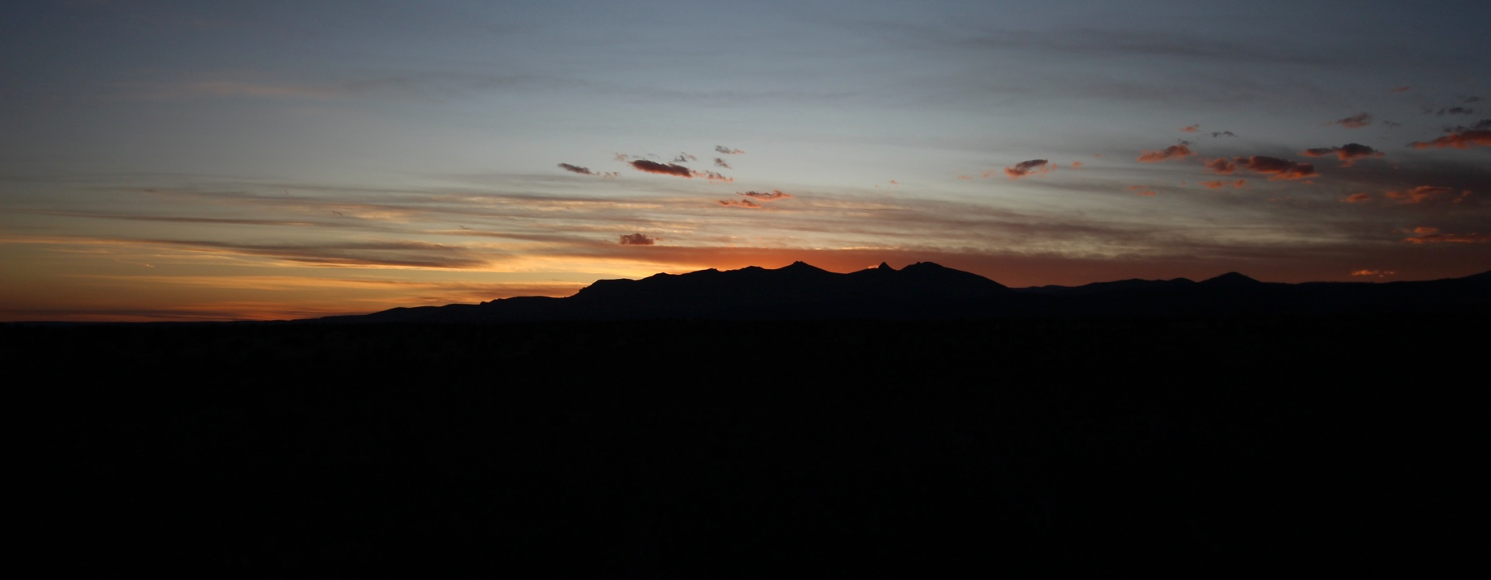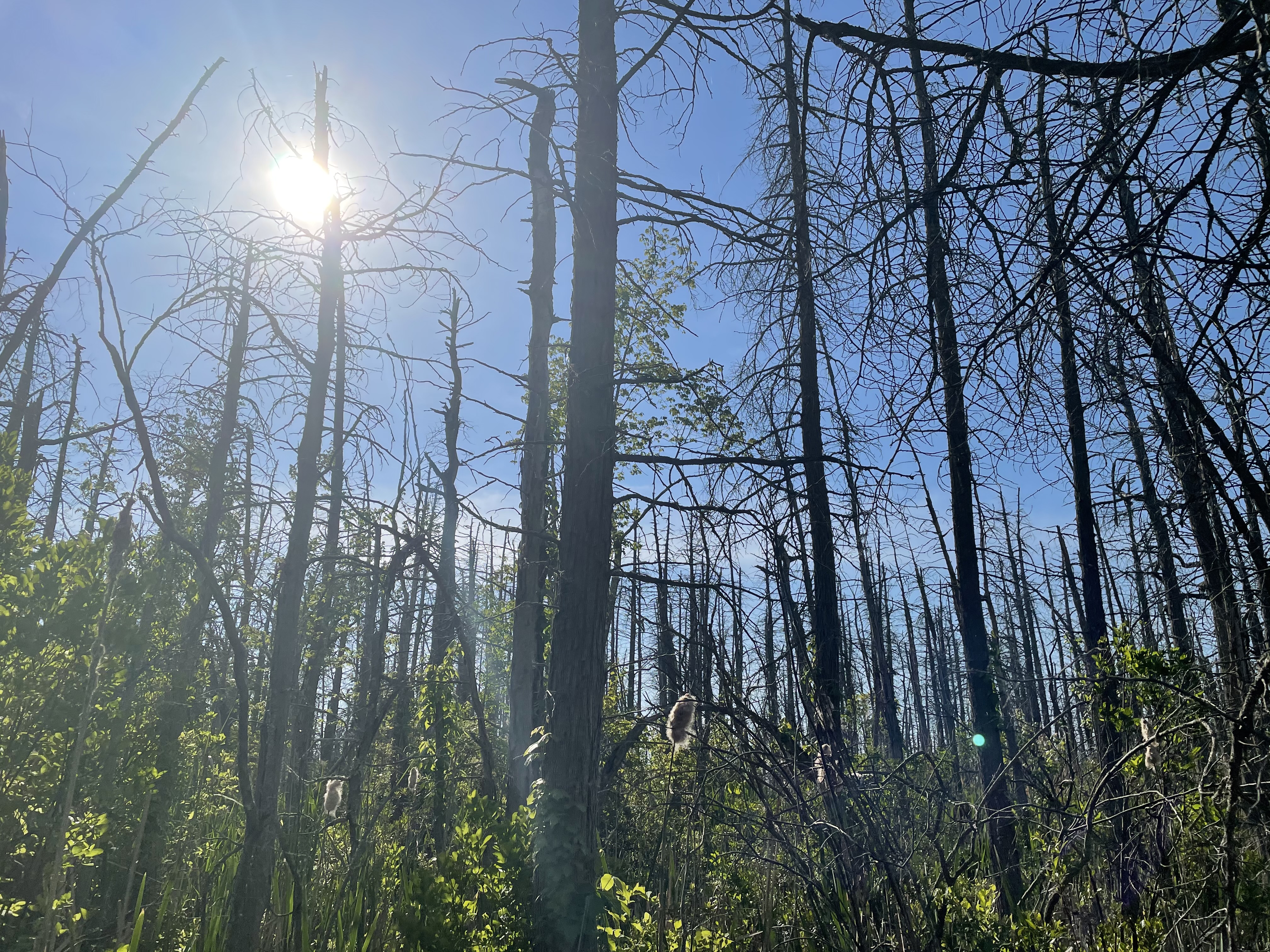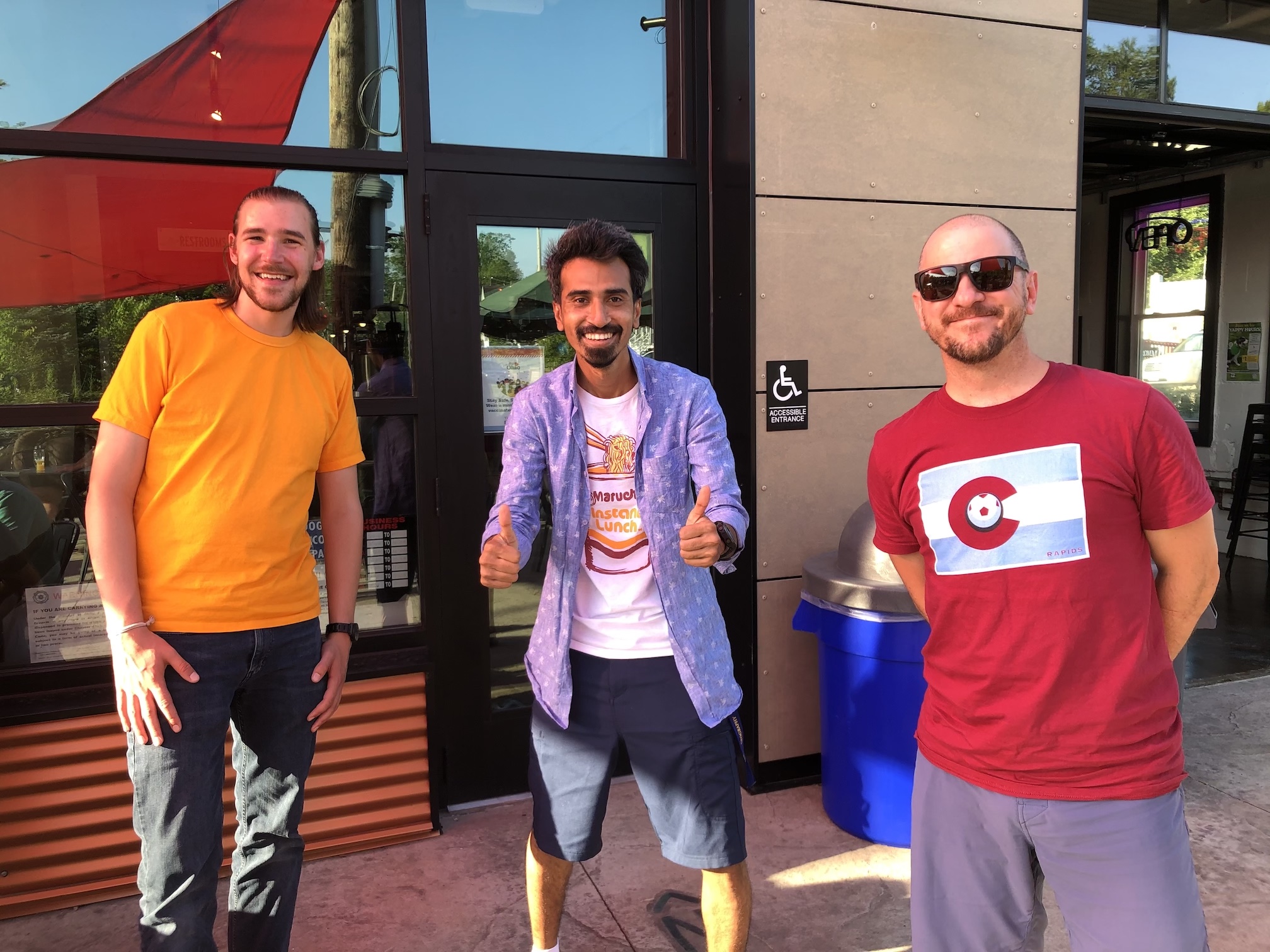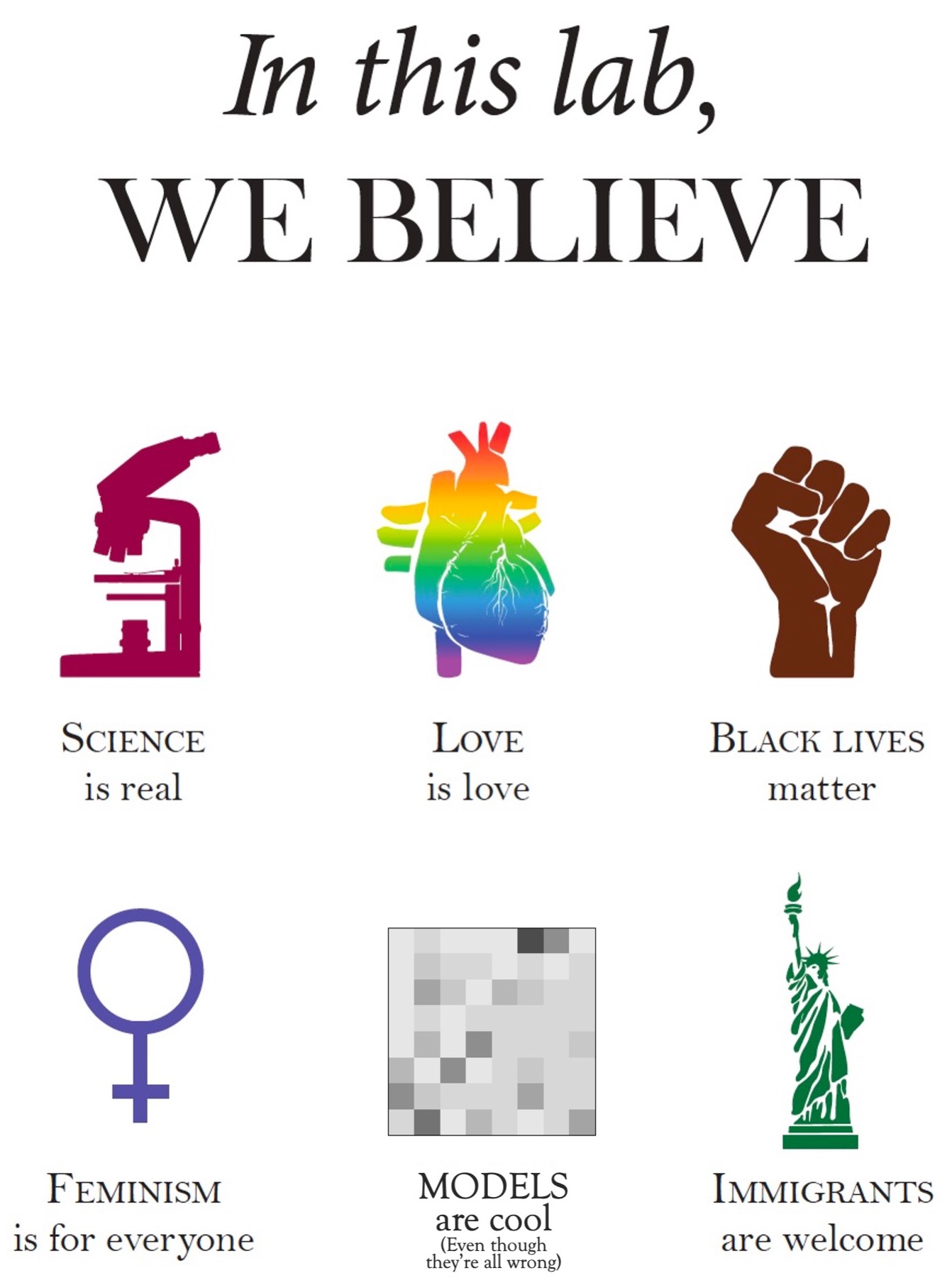
I’m always looking for highly motivated researchers interested in ecosystem structure and disturbance, natural resources, landscape ecology and applied remote sensing. Please read about the M.O. of our lab below and have a look at the lab in action in the photo gallery. Please feel free to contact any of the current or past members of the lab to ask about their experience.
Diversity, Equity, and Inclusion Statement
We are dedicated to creating and maintaining a constructive, supportive and collaborative work environment for each other that is diverse, inclusive and equitable in all aspects. We believe that interaction and collaboration among people with different perspectives, values, and backgrounds enhance the possibilities for sustained intellectual inquiry and positive social impact. We treat one another fairly and honor each other’s experiences, beliefs, perspectives, abilities, and backgrounds, regardless of race, religion, language, immigration status, sexual orientation, gender identification, ability status, socio-economic status, national identity, or any other identity markers. Our lab is committed to both open science and science communication. We make mistakes and we learn from them.
Land Acknowledgment
We acknowledge that the territory on which our lab and Kent State University stands is that of The Kaskaskia and The Erie People. This statement is one small step in acknowledging the history that brought us to reside on the land, and to help us seek understanding of our place within that history.
Current Opportunities
July 2023 - I will not be accepting any new graduate students for Fall 2024
July 2022 - We’re hiring a Post-doctoral Scientist in Landscape Ecology & Remote Sensing
Please contact Tim (tassal@kent.edu) with any questions; see the Lab Notebook for the full announcement or here.
Would you like to join the lab?
Undergraduates
If you are an undergraduate looking to gain skills and experience, there are several ways to get involved. You can conduct independent research project and earn credit, work on an honors thesis or apply to the SURE (Summer Undergraduate Research Experience) program. I occasionally have paid positions associated with specific projects or tasks. Volunteering in the lab is also a possibility on a limited basis if someone is interested in learning tools of the trade. However, I view volunteer positions as an extension of education (and not free labor), and as such these positions require a time commitment on my part.
Prospective Graduate Students
MS and PhD students interested in my lab can be admitted through the Department of Geography graduate program and must meet the minimum admission requirements. I primarily work on topics related to ecosystem disturbance with a goal of improving our ability to monitor and understand ecosystem dynamics on a landscape scale. Therefore, I expect students working with me to incorporate questions related to these broad themes into their research. Potential graduate students should have a background in physical geography, ecology, natural resources and/or remote sensing. Strong spatial and quantitative skills are a must, as well as experience or an interest in learning open-source tools (e.g. R, Google Earth Engine, QGIS, etc.). Students with extensive research or field experience will be highly competitive among those students interested in pursuing a PhD in the lab. I particularly welcome applications from underrepresented groups who will help promote diversity in the lab and the broader KSU community. If you’re a prospective graduate student, please email Dr. Assal (1) a description of your background, research interests, career goals and why you think the lab is a good match for your graduate training, and (2) your CV. Please be sure to highlight your experience with fieldwork and open-source tools!
Advising and Funding
Learning how to frame an interesting and feasible question is one of the keys to research. I will lead masters level students through this process, but as much as possible given constraints of funding sources, but I encourage PhD students to find topics of their own that excite them rather than handing them a previously defined research project. Masters students will usually collaborate with me on a project while PhD students can either collaborate with me or branch out on their own depending on overlap of interests, levels of experience, and funding source. Research assistantships will be advertised when available. I encourage students to apply for teaching assistantships in the department and explore other funding opportunities and fellowships.
Postdoctoral Fellows and other visitors
Inquiries about possible postdoctoral fellow positions should be emailed directly to Dr. Assal. Candidates will be encouraged to explore extramural fellowships to support their research if not responding to an advertised position. We welcome others such as foreign exchange students or sabbatical visitors from academia and industry, provided they are compensated by their home institution.
About Kent and the University
Kent State University is classified as an R1 University (very high research activity), which is the highest recognition that doctoral universities can receive. We have a strong group of physical geographers, geospatial scientists, atmospheric scientists, geologists, vegetation and computational ecologists in the Geography, Geology, and Biological Sciences departments. Our lab is actively engaged with a number of these researchers and we are working to build collaborations across campus.
Kent is a small college town, nestled in the famous Cuyahoga Valley, with a bustling downtown and a relatively low cost of living. Big city amenities can be found in nearby Akron and Cleveland. The area has an extensive network of rails-to-trails and protected spaces, highlighted by Cuyahoga Valley National Park (an absolute jewel!), offering many opportunities to hike, run and ride.
Photos
